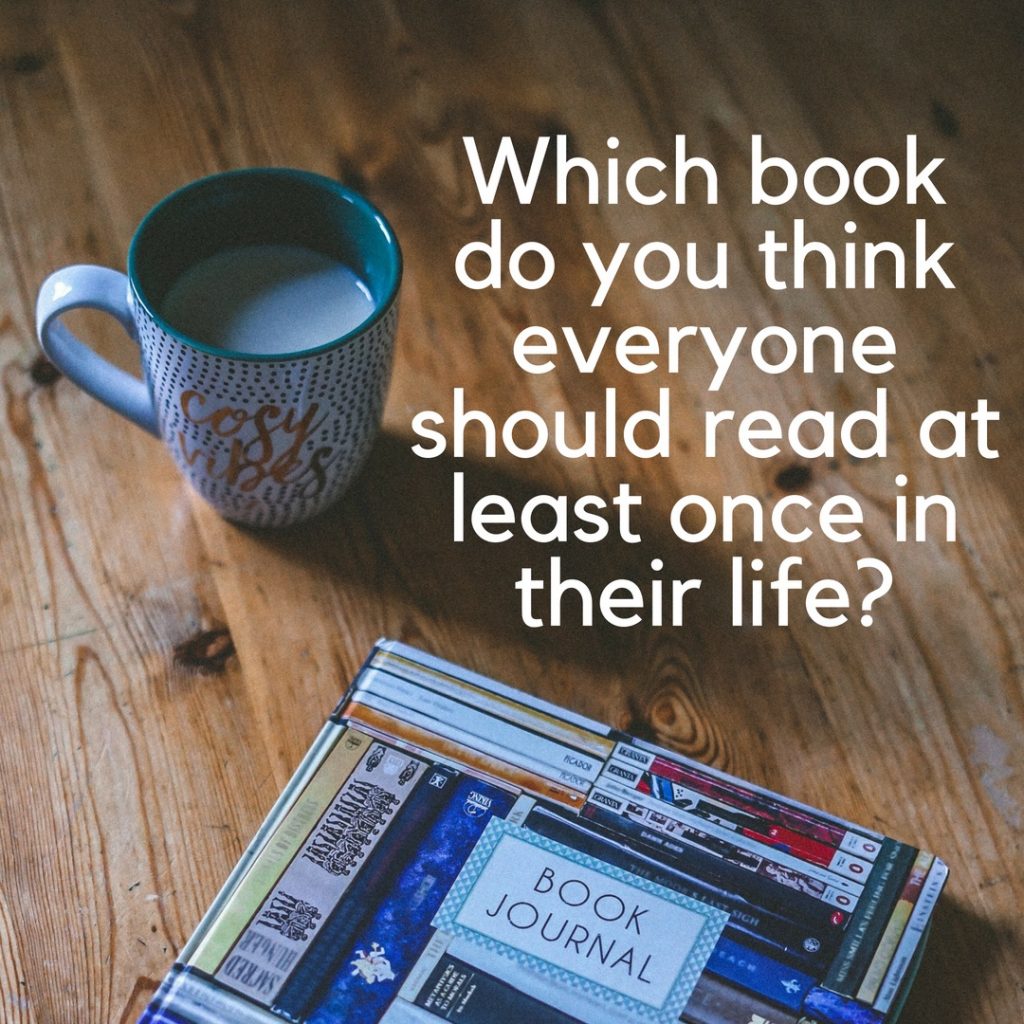Nothing beats a great book recommendation…which book would you recommend everyone to read at least once in their lifetime?
Tag Archives: #Nonfiction
Top 5 Books on Self Help
Self-help books are a perfect example of why reading is an investment in yourself. There’s an inspirational author ready to guide you, whether you want to improve your health, your happiness, your finances or your professional success. The best ones offer a perfect balance between entertaining stories, intellectual challenge and emotional uplift. Here are 5 that are guaranteed conversation starters in 2018:
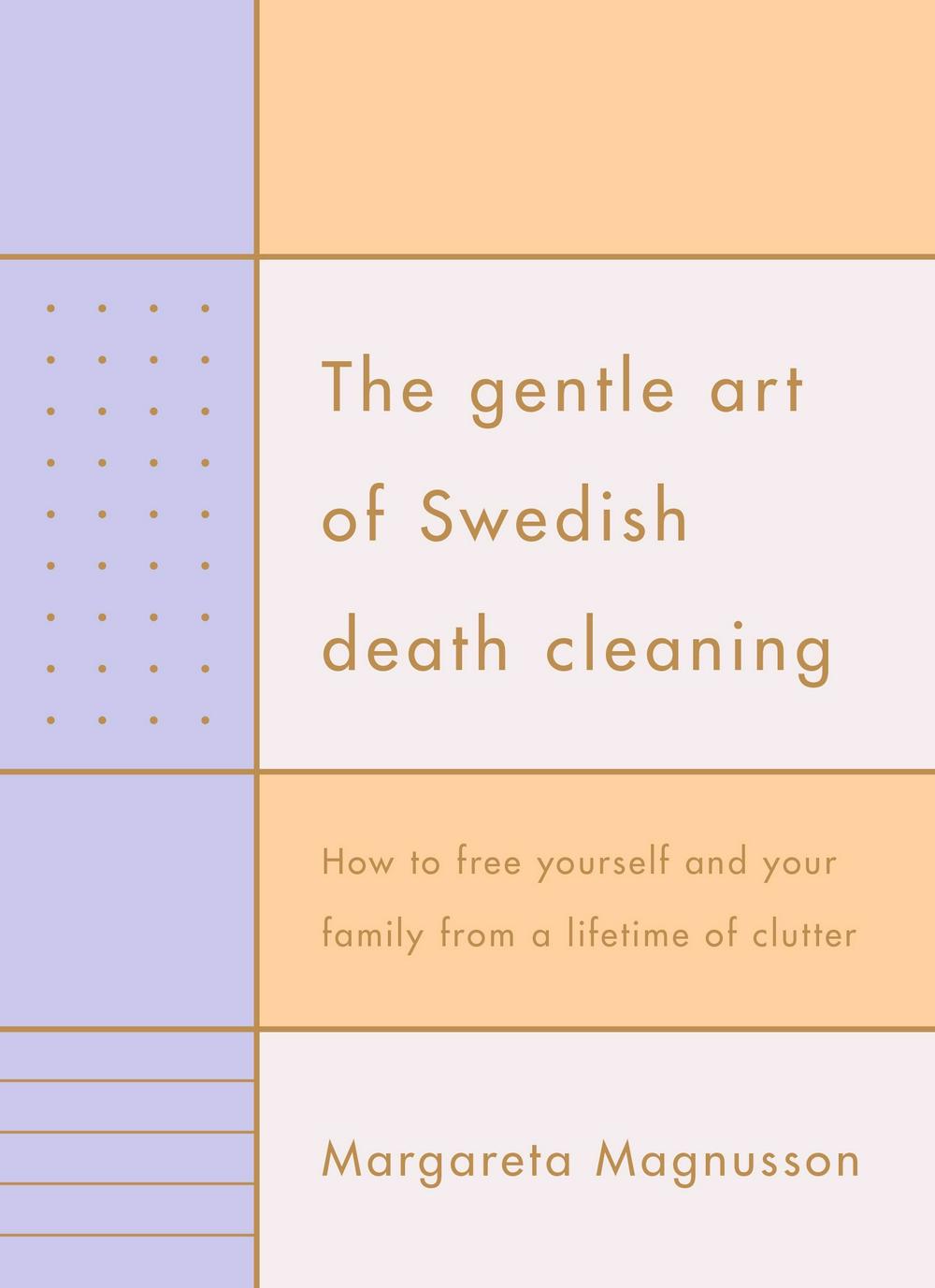 The Gentle Art of Swedish Death Cleaning by Margareta Magnusson
The Gentle Art of Swedish Death Cleaning by Margareta Magnusson
The Gentle Art of Swedish Death Cleaning seems destined for pop-cultural attention – it’s a Scandinavian concept about living well (hygge 2.0?); it’s about decluttering (and shares similar philosophies with Marie “Spark Joy” Kondo); and it grabs our attention with its matter-of-factness about mortality. But more than that, it’s a really good idea! Margareta Magnusson introduces her readers to döstädning – sorting out your stuff before you die, rather than leaving the whole mess to your loved ones. Keep the items you care about, and give away or sell the others. Such decluttering can reduce stress, and is a good opportunity for reminiscing and curating your legacy. Margareta Magnusson’s gentle wit and wisdom makes this a surprisingly funny and thoroughly interesting book.
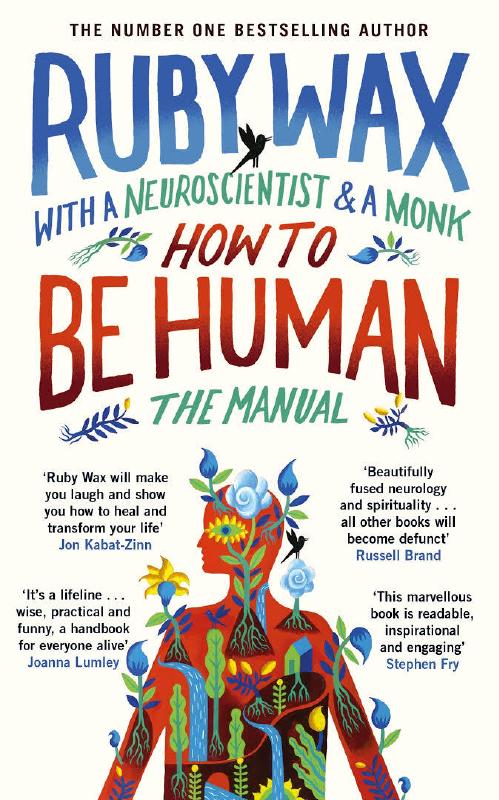 How to be Human: the Manual by Ruby Wax
How to be Human: the Manual by Ruby Wax
A comedian, a neuroscientist and a monk meet up and talk…. this may sound like a joke, but instead is the basis of this manual on how our bodies, minds and brains interact to make us “human”. Ruby Wax is a comedian whose struggle with depression motivated her to gain a Master’s Degree in mindfulness-based cognitive therapy. In How to be Human, she has teamed up with a monk (an expert in our inner lives) and a neuroscientist (an expert on the brain) to explore the tough questions around how to find happiness in the modern world – evolution, thoughts, emotions, relationships, addictions, the future. Ruby’s wit and anecdotes bring it all together into a funny, readable, insightful and uplifting read – you can also look forward to the stage show version in the works!
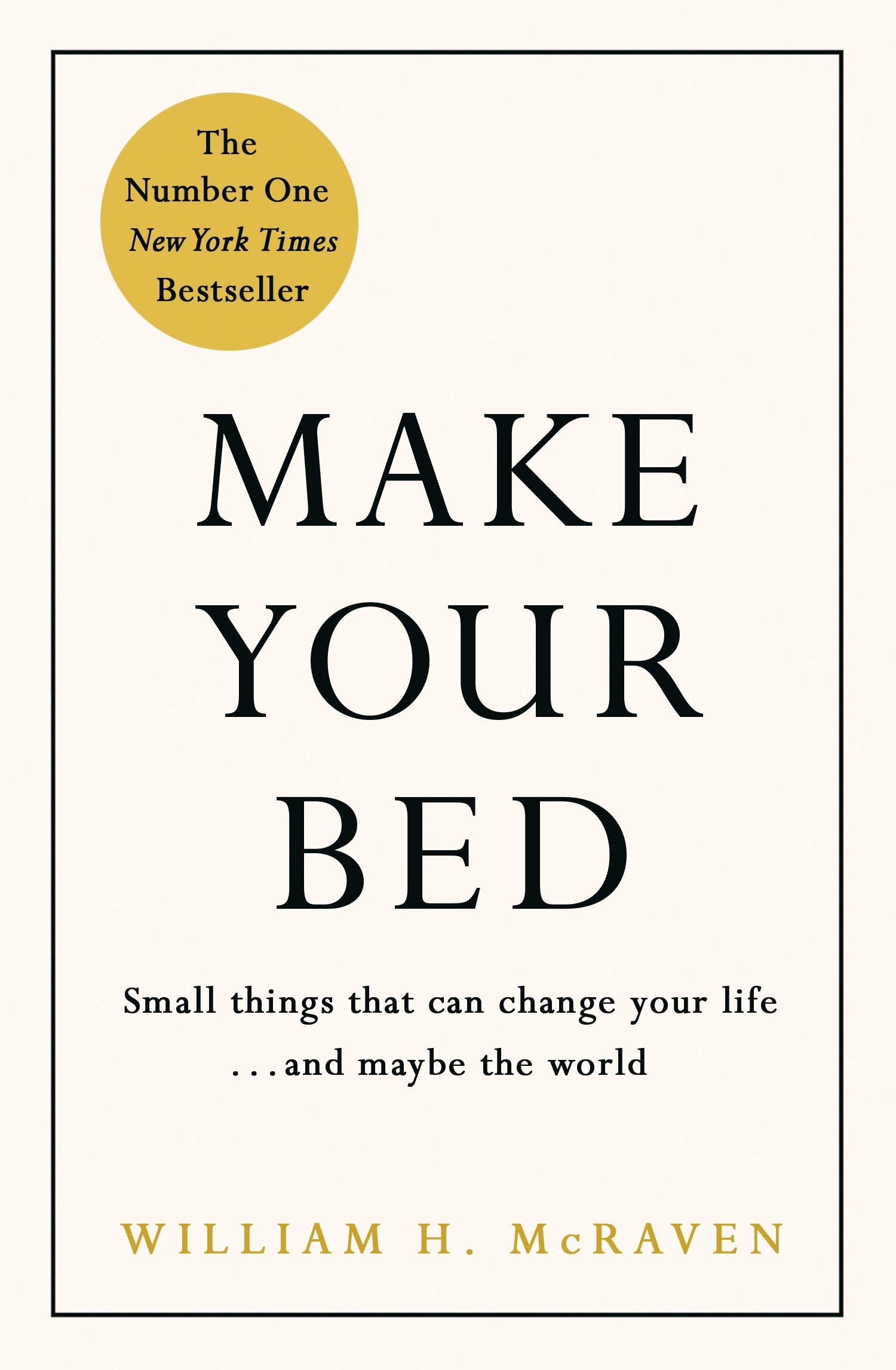 Make Your Bed: Small Things that can Change your Life … and maybe the World by William H. McRaven
Make Your Bed: Small Things that can Change your Life … and maybe the World by William H. McRaven
Make Your Bed started off as a speech given by Admiral William McRaven at his alma mater, the University of Texas at Austin, where he reflected on some life lessons he learnt through basic Navy SEAL training. (Making your bed every morning was his first lesson. Even such a small task can motivate you to complete more tasks, and, at the end of a rough day, a made bed will offer you some solace.) The speech went viral, with many people inspired by his down-to-earth, tough-but-kind approach, particularly within the context of his highly distinguished, 37-year naval career. Make your Bed expands on the ideas in that speech to present ten life lessons in greater detail – these lessons will serve you well, whether you want to become a better person, succeed in business, or indeed change the world.
 Barking Up The Wrong Tree: the Surprising Science Behind why Everything you Know about Success is (Mostly) Wrong by Eric Baker
Barking Up The Wrong Tree: the Surprising Science Behind why Everything you Know about Success is (Mostly) Wrong by Eric Baker
Barking up the Wrong Tree is a distillation of the enormously entertaining and thought-provoking blog of the same name, by Eric Barker. Here Eric applies the Mythbusters treatment to some age-old advice about success, such as “nice guys finish last” and “winners never quit, and quitters never win”. He argues that these maxims were not based on research, and presents scientific data that disprove or qualify them. With quirky examples ranging from pirates to Albert Einstein to serial killers, Barking up the Wrong Tree encourages us to challenge conventional wisdom, and forge our own paths to awesome lives.
 The Happiness Plan by Elise Bialylew
The Happiness Plan by Elise Bialylew
The Happiness Plan is a one-month mindfulness meditation program that aims to help us experience greater happiness, focus and emotional balance. Its collection of exercises shows us how to incorporate mindfulness practice into our daily routine – even ten minutes’ worth each day can create positive changes in our physical and mental wellbeing. Elise Bialylew is a meditation teacher and life coach with a background in medicine and psychiatry, and her understanding of the science behind mindfulness informs her approach. The Happiness Plan also aims to support readers beyond the book itself, by offering access to guided meditations available through Elise’s website.
Books to help you get your act together
Last week we offered some ideas on how to spring clean and declutter your belongings; this week we turn inward to look at how we can declutter our minds. Do you ever feel exhausted just thinking about change?
It’s easy to procrastinate when we feel anxious about the amount of disruption and effort we’ll need to make lasting change. Decluttering our minds means letting go of these preconceived ideas and anxieties, which can then help us welcome in fresh thinking and opportunities. These authors are here to guide you towards greater clarity, focus and calm:
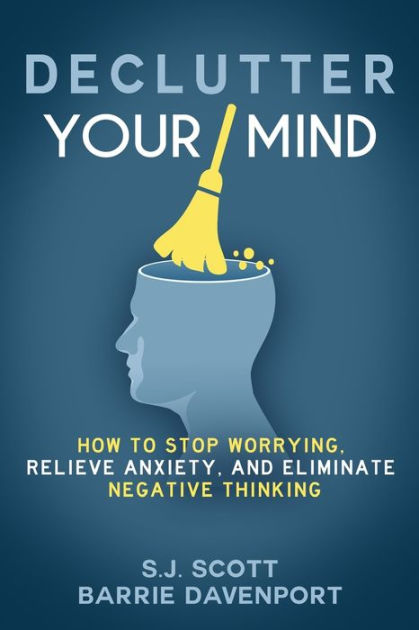 Declutter Your Mind by S J Scott and Barrie Davenport
Declutter Your Mind by S J Scott and Barrie Davenport
Do you feel overwhelmed easily? As if your mind is spinning from too many thoughts? Do you find it hard to get motivated? Or feel there is too much negativity around you? If you answered YES to any of these then you may be experiencing mind clutter. Mind clutter gives rise to anxiety, stress and frustrations – issues that can only be solved by changing mindsets and behaviours. S J Scott and Barrie Davenport show how to use mindfulness techniques to declutter our thoughts, obligations, relationships and surroundings. Declutter Your Mind is concise and readable, packed with ideas and advice.
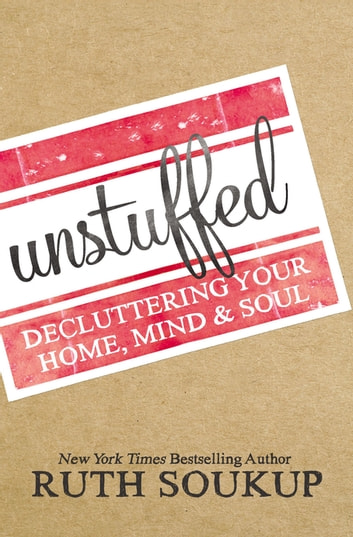 Unstuffed: Declutter your Home, Mind and Soul by Ruth Soukup
Unstuffed: Declutter your Home, Mind and Soul by Ruth Soukup
Unstuffed helps with spring-cleaning of both our physical and mental spaces. Following Ruth Soukup’s bestseller Living Well, Spending Less, Unstuffed continues to help us reduce those cravings for more of everything – possessions, relationships, responsibilities. She encourages us to think deeply, identify our most important values and prioritise accordingly, shedding unimportant stuff in the process. She also advises on how to deal with the guilt associated with letting go! For those interested in faith and spirituality, there is also a unique section on decluttering your spirit. Unstuffed comes with an app that offers further tips and support on this decluttering journey.
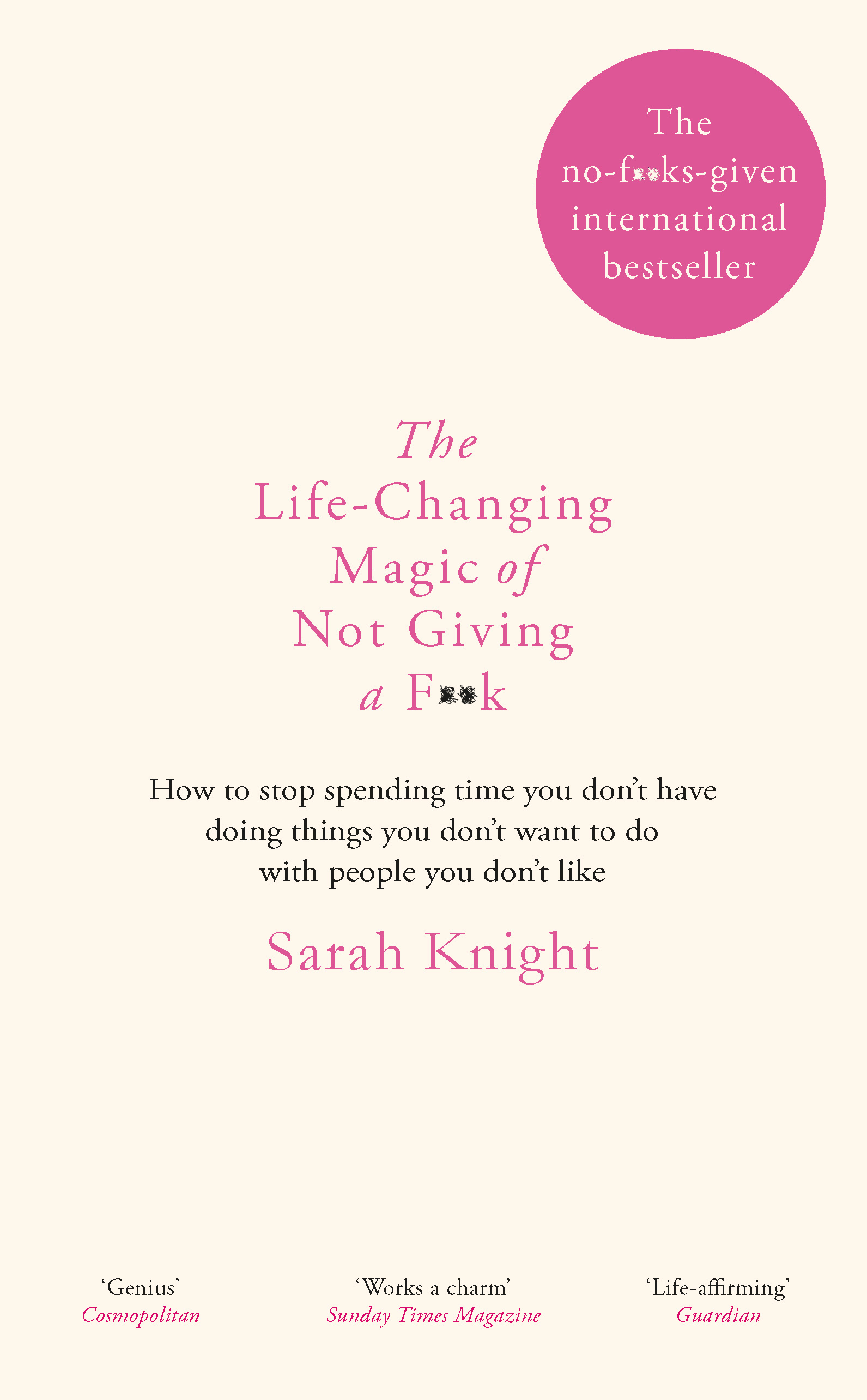 The Life-changing Magic of Not Giving a F**k by Sarah Knight
The Life-changing Magic of Not Giving a F**k by Sarah Knight
Sarah Knight penned this irreverent but heartfelt anti-self help guide when she realised her perfectionist “good girl” tendencies were the cause of her constant stress and anxiety. So she learned to give fewer f**ks – to feel OK about not being perfect, to say yes only to things she cared about. The result is letting go of everything except the things that actually matter. With a decluttered mind and fresh focus, Sarah Knight then takes us to the next level in Get Your Sh!t Together, which shows how to “win at life” – start prioritising and doing the things you actually want to do, while still managing all the sh*t you have to do.
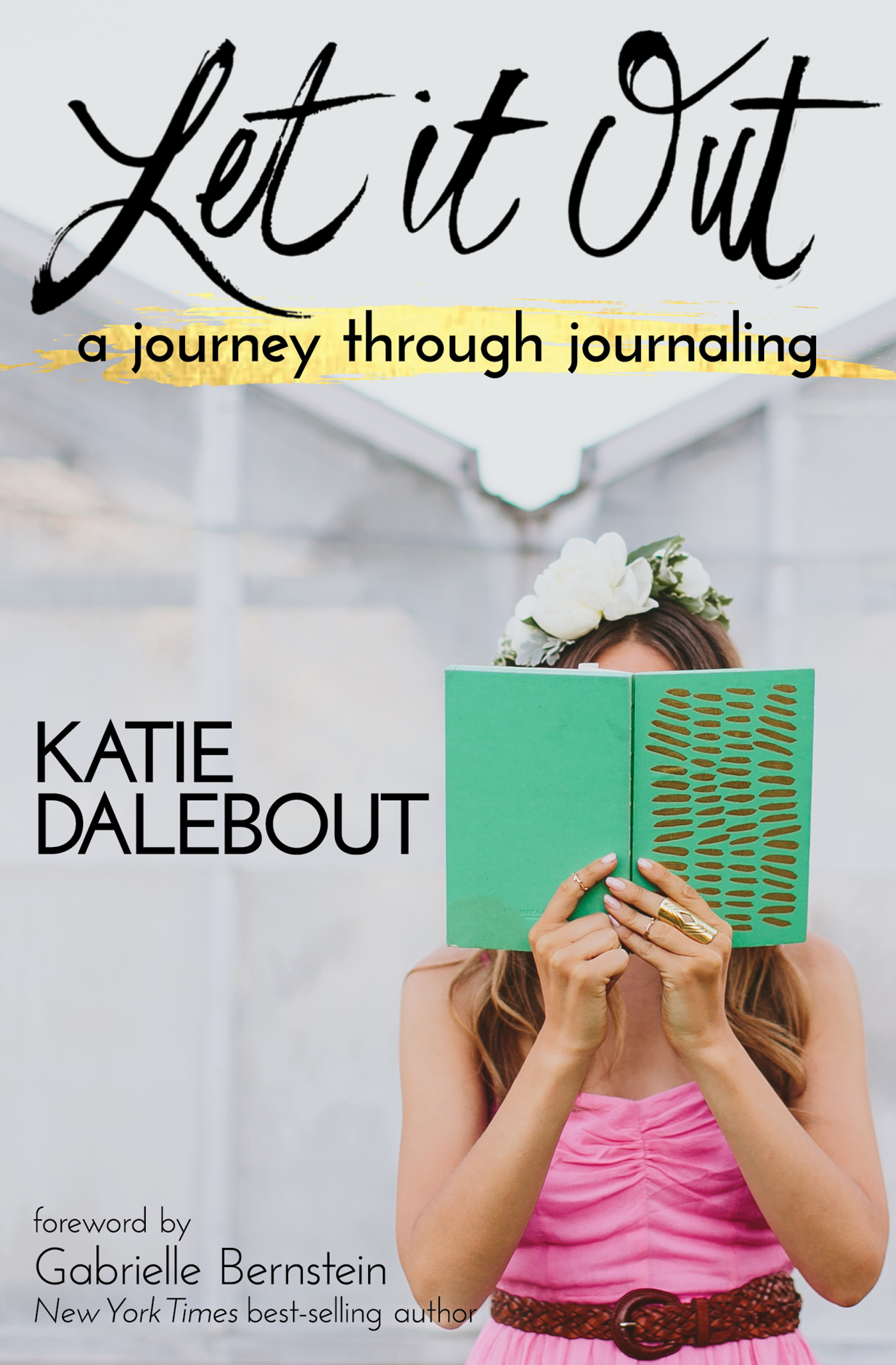 Let it Out: a Journey through Journaling by Katie Dalebout
Let it Out: a Journey through Journaling by Katie Dalebout
Journaling can be as simple as jotting down a To-Do List, or as complex as expressing your innermost feelings. In either case, it is a powerful way of relieving a load from your mind. Let it Out is both an inspirational story and a how-to guide to Journaling. Katie Dalebout has been journaling since her teens, discovering that her writing can be a plan, a review, therapy as well as life coach. She credits journaling in helping her to recover from an eating disorder. After sharing her life story in the Introduction, Katie sets out a range of journaling topics / exercises to suit different moods and purposes. Katie’s young age and experiences make this a great book to share with the teens / young adults in your life.
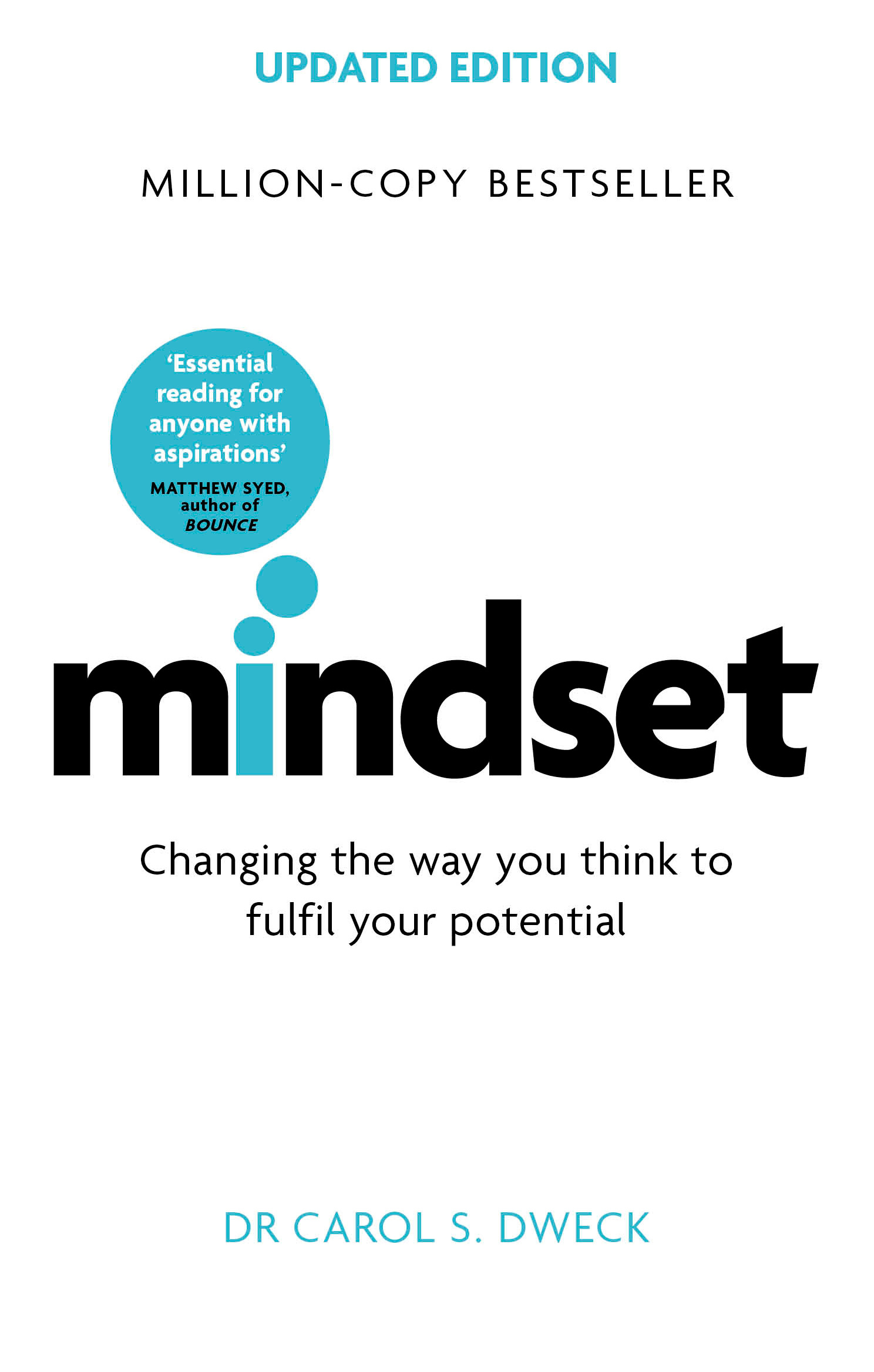 Mindset: the New Psychology of Success by Carol Dweck
Mindset: the New Psychology of Success by Carol Dweck
When Bill Gates writes a detailed (glowing) review of a book then you know it deserves attention. Carol Dweck is a psychology professor who popularised the idea of fixed mindset versus growth mindset. A fixed mindset assumes ability is innate and thus success is largely predetermined; while a growth mindset believes that ability is the result of effort and persistence, and thus can be attained by anyone. A growth mindset makes us more resilient and helps us maximise our potential. I’ve included Mindset here as inspiration of what can be achieved when our minds are unburdened by anxieties, bad habits and negative self-talk, which tend to contribute to a fixed mindset.
 Smiling Mind
Smiling Mind
S J Scott advocated mindfulness in Declutter your Mind, but, if you’re like me, you might prefer to learn mindfulness while listening – this is where Smiling Mind comes in. Smiling Mind is a non-profit organisation aimed at making mindfulness techniques accessible to all ages. They have two excellent free apps (one for smart phones and a web-based app for computers) co-developed with psychologists and health professionals. These apps offer something for everyone – there are guided practices of different lengths, separately aimed at kids, teens as well as adults. My local school uses Smiling Mind in the classroom and I know many parents who use it in their children’s bedtime routines. The Smiling Mind website also offers tips on how to use mindfulness meditation at schools or in the workplace.
Unravelling the climate change debate
11 years ago, Al Gore’s documentary An Inconvenient Truth burst into our consciousness, raising climate change awareness everywhere, promising to be the tipping point towards greater environmental protection. Fast forward to today, and what seemed like a simple scientific observation has morphed into a bitter political dispute that stifles action. As the issues surrounding climate change become more complex and emotive, how do we separate the facts from the manipulation? These books can help you analyse, unravel and understand the complexities of climate change:
An Inconvenient Sequel: Truth to Power by Al Gore
by Al Gore
An Inconvenient Sequel is a timely update, released 11 years after the influential An Inconvenient Truth. In these intervening years, a string of extreme weather events – Hurricane Sandy, heat waves, melting polar ice – have caused huge damage, while action has stalled as climate change becomes mired in political controversy. Hot off the press, An Inconvenient Sequel focusses on possible solutions, particularly around the use of clean energy, and also reflects on the consequences of President Trump’s withdrawal from the Paris Agreement.
Climate Change: What Everyone Needs to Know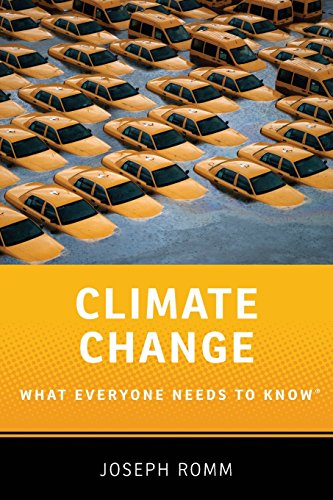 by Joseph Romm
by Joseph Romm
If you want a concise, readable introduction to the issues and consequences of climate change, then this book is for you. Writing in a Q&A style, Joseph Romm, a physicist and former US Energy Department official, explores key points including basic theory, projected impacts, politics and policies, and possible solutions. A particularly powerful section explores how climate change will impact everyday decisions for ordinary people, including where to retire, what to study, how to invest, and necessary changes to our diet.
Eyes Wide Open: Going Behind the Environmental Headlines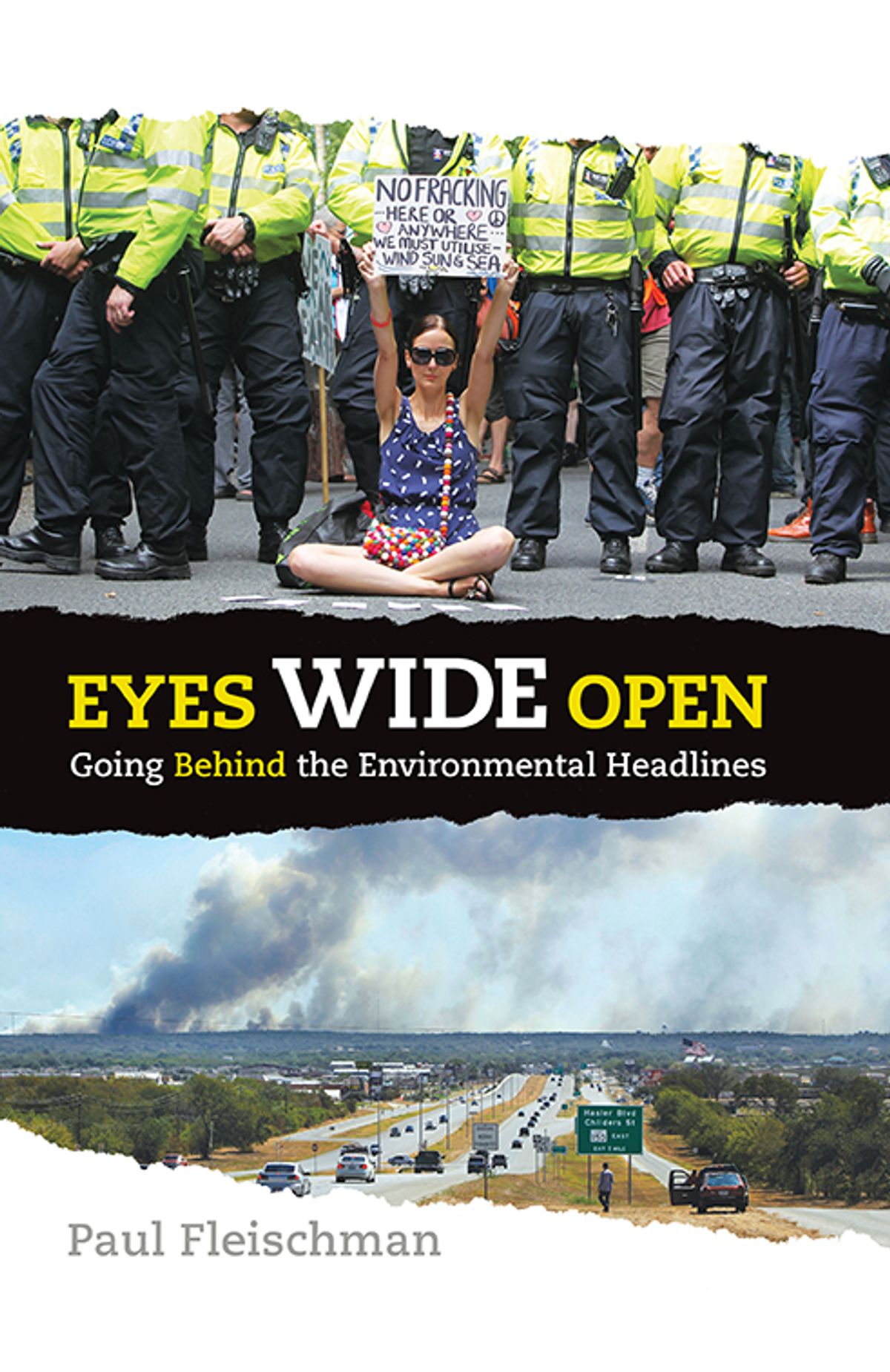 by Paul Fleischman
by Paul Fleischman
Eyes Wide Open aims to help teens critically assess the issues and arguments surrounding environmentalism. Paul Fleischman draws on history, psychology, sociology and economics to explain the origins of key environmental issues including population, energy and climate. He also tries to explain why different reactions to these issues exist. A particularly useful feature is its guide on “How to Weigh Information”. Eyes Wide Open is valuable for readers of any age who want to cut through emotive writing, and develop their own informed views.
Don’t Even Think About it: Why our Brains are Wired to Ignore Climate Change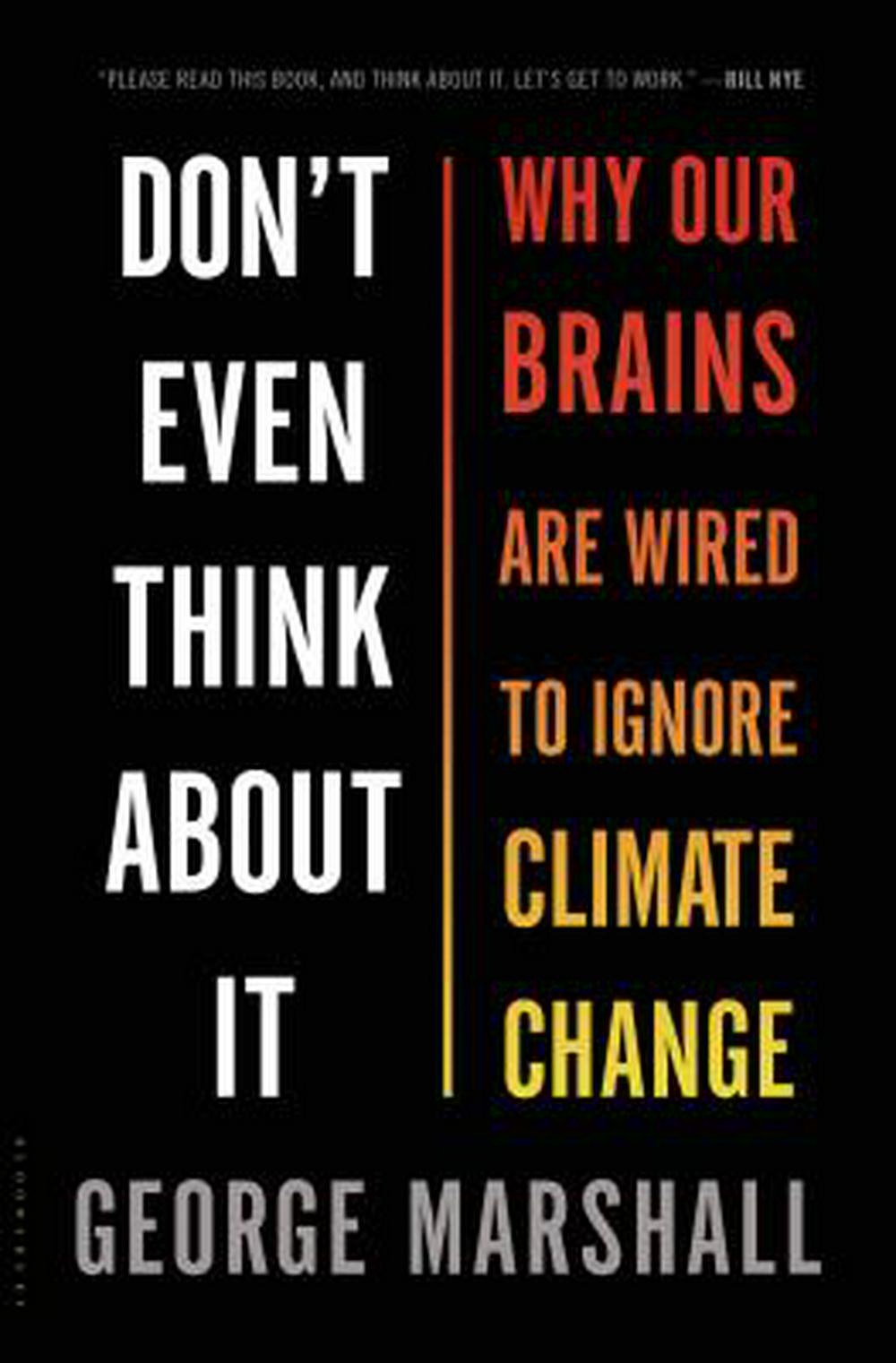 by George Marshall
by George Marshall
Most people accept that climate change is real, yet do nothing to stop it. Don’t Even Think About It suggests that this has an evolutionary origin – human brains are hard-wired to prioritise immediate dangers over future dangers; and they tend to interpret new knowledge through existing frameworks, increasing the likelihood of confirmation bias. George Marshall interviewed psychologists, evangelicals, activists and conservative politicians in this entertaining yet thought-provoking study on the psychology behind the climate change debate.
On a Farther Shore: the Life and Legacy of Rachel Carson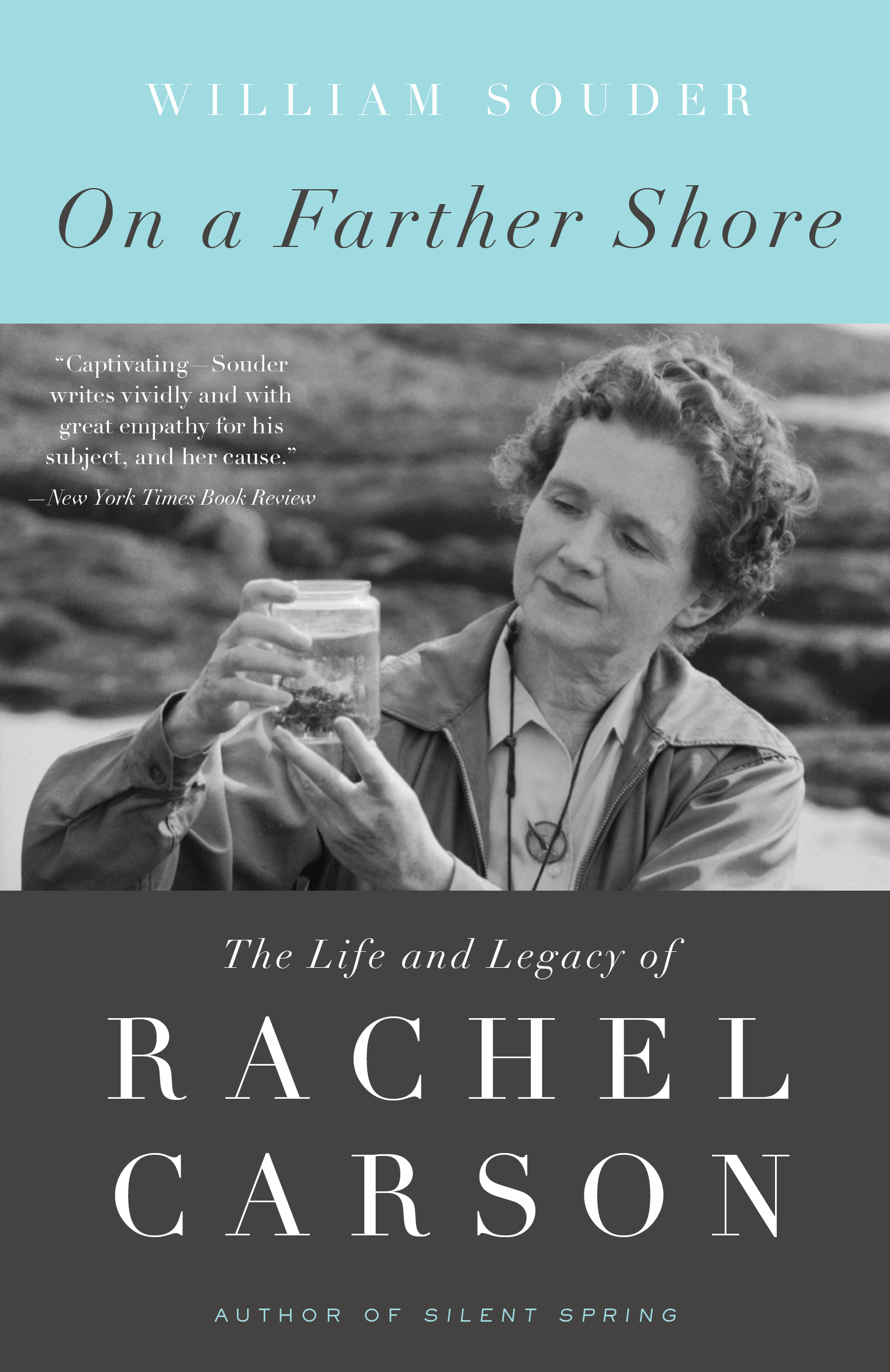 by William Souder
by William Souder
The effect of pesticides on wildlife may seem unrelated to climate change, but our current awareness of the environment is arguably influenced by Rachel Carson’s work. Her seminal book, Silent Spring, inspired the modern environmental movement, and influenced legislative changes and the founding of the EPA. Rachel Carson was a skilled nature writer who combined lyrical prose with extensive research to make science understandable and compelling. On a Farther Shore is an engrossing biography that places Rachel Carson’s life and work within the context of the politics and culture of the mid-20th Century.
New York 2140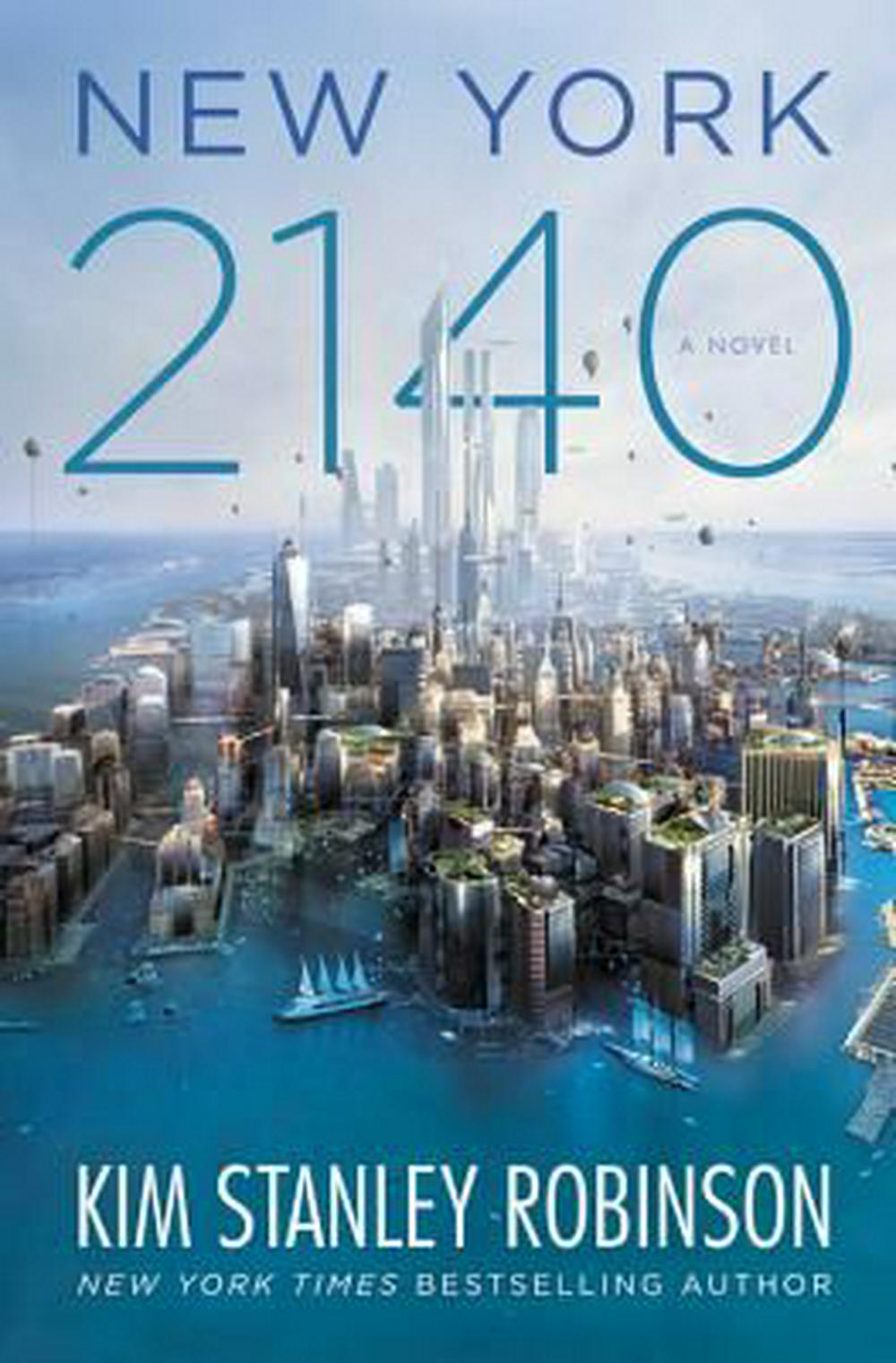 by Kim Stanley Robinson
by Kim Stanley Robinson
If you don’t normally read non-fiction, there is a growing list of novels to help you visualise the world post-climate change. The latest novel from SciFi master Kim Stanley Robinson imagines life in New York in 2140 – a sort of “ Super Venice” partially-submerged due to climate change. New York 2140 creates a vivid world packed with details of economics, politics, and the minutiae of life; it is not grim, but offers a critique of capitalism’s role in climate change.
Big Ideas for Little People (or, Quick Reads for Adults)
Abridged or simplified books have been around for a long time, often associated with literary classics, and aimed at English learners. More recently, the idea has expanded to include a wider range of bestselling titles. Often called Young Readers Editions, they aim to simplify the vocabulary without sacrificing the drama and interest of the original. Booko is a big fan of Young Readers Editions, not only because they help us share our favourite reads with children, but also because they offer quick but meaningful reading at times when we can’t commit to denser, longer books! Here’s a selection of our favourites:
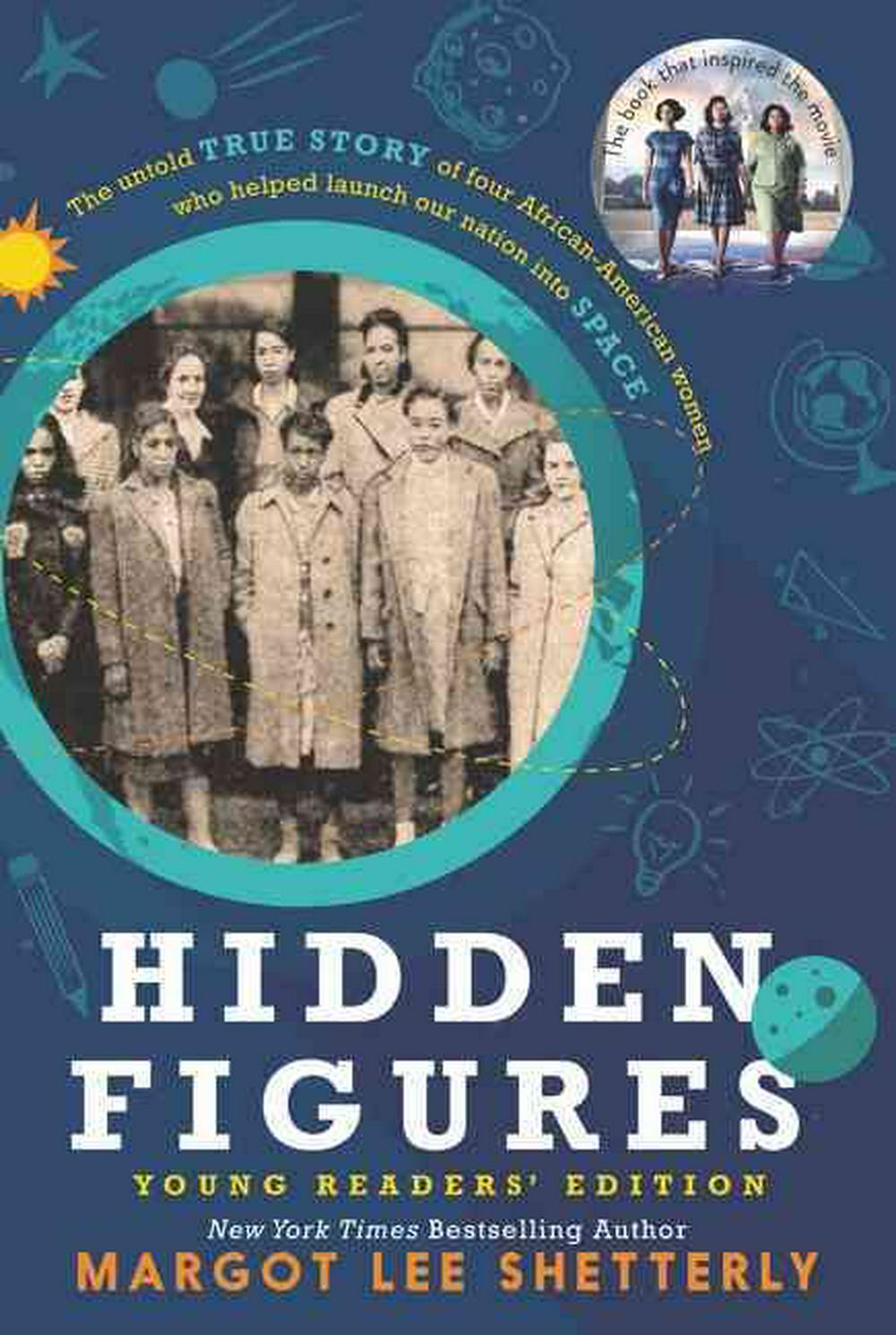 Hidden Figures Young Readers Edition by Margot Lee Shetterly
Hidden Figures Young Readers Edition by Margot Lee Shetterly
In the 40s, 50s and 60s, a group of African-American women made significant contributions towards the American space effort. Their story was little-known until Hidden Figures – both the book and the film – achieved great commercial success. Despite the racial- and gender prejudices prevalent at the time, these women – including Katherine Johnson and Dorothy Vaughn – were valued for their mathematical and engineering talents, a culture leading to NASA’s pioneering efforts in desegregation. Young Readers will find Hidden Figures gripping and inspirational, as well as thought-provoking in its reflections on race, gender and equality.
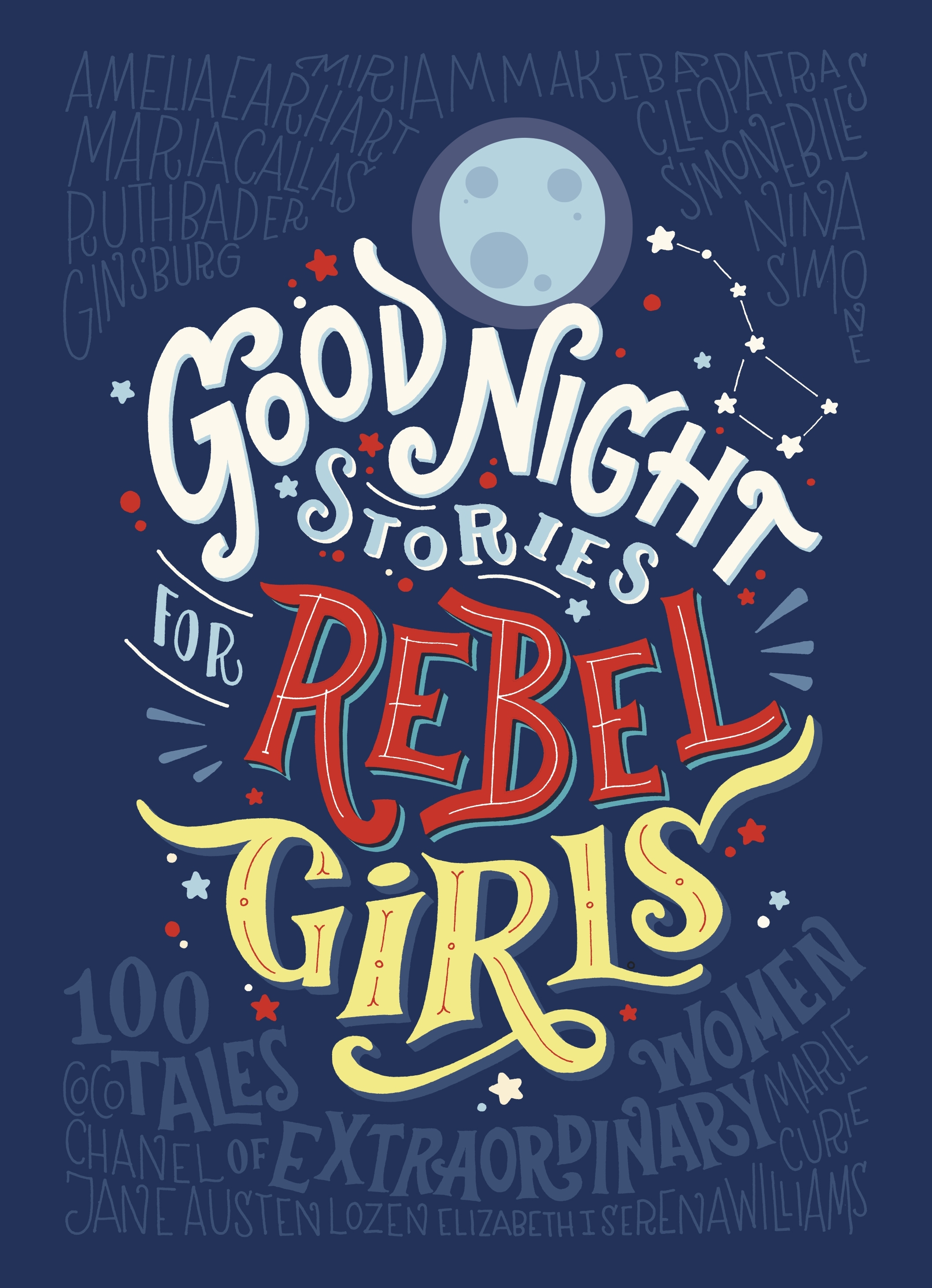 Good Night Stories for Rebel Girls by Elena Favilli and Francesca Cavallo
Good Night Stories for Rebel Girls by Elena Favilli and Francesca Cavallo
Good Night Stories for Rebel Girls broke records as the most-funded original book in crowdfunding history, and has since become a bestseller in 30 languages. Challenging gender stereotypes, Good Night Stories profiles 100 women – scientists, athletes, politicians – who have contributed to public life. It further celebrates women by highlighting the work of the two authors and 60 illustrators, who produced this striking and colourful volume. Written in the style of fairytales, Good Night Stories is not just for bedtime or for girls – it is inspirational for all children. Adult readers can also enjoy it as a sampler offering ideas for further reading. Volume 2 is already in the pipeline.
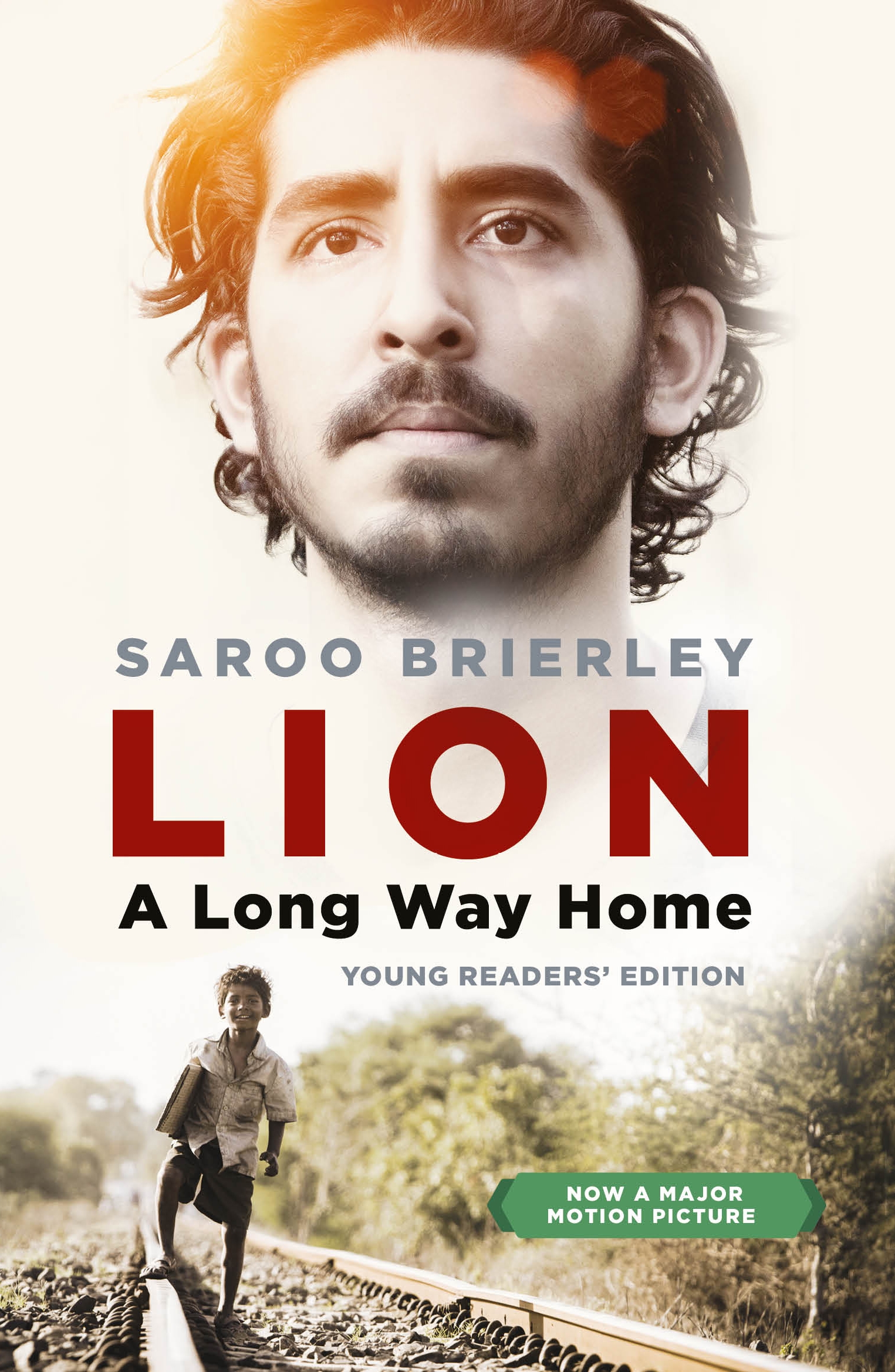 Lion: A Long Way Home Young Readers Edition by Saroo Brierley
Lion: A Long Way Home Young Readers Edition by Saroo Brierley
Recently I nominated Lion: A Long Way Home as one of Booko’s Favourite Biographies and I can’t resist mentioning it again. Saroo Brierley’s story of how he rediscovers his birth family – based on dim recollections of landmarks half a world away – sounds fantastical until you remember it is true. Young readers are sure to be drawn to little Saroo, who was only five when he was lost on a train in India. In a strange place, with no money and no language, he had to avoid a lot of danger until he started a new life with adoptive parents in Australia. Saroo’s story of survival is full of drama and emotion, and is a celebration of hope, perseverance and the benefits of technology.
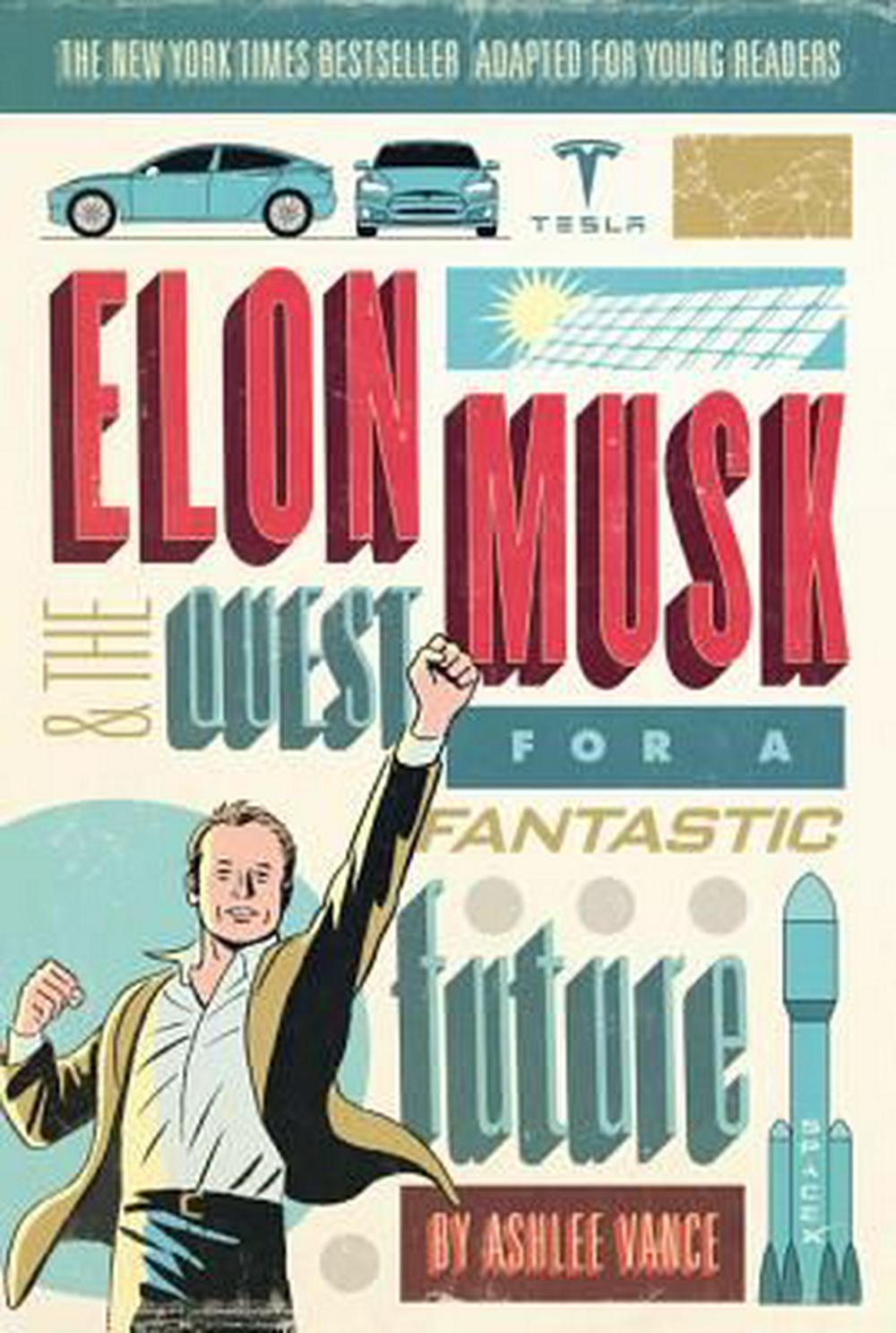 Elon Musk and the Quest for a Fantastic Future Young Readers Edition by Ashlee Vance
Elon Musk and the Quest for a Fantastic Future Young Readers Edition by Ashlee Vance
Inventor, entrepreneur, maverick: Elon Musk is synonymous with a string of successful tech companies, including Paypal, Tesla, and SpaceX. He has a no-limits approach to problem solving – taking huge risks and starting from scratch where necessary, willing to tackle the biggest problems, with an attitude that seems to merge sci-fi and science. Elon Musk and the Quest for a Fantastic Future draws connections between Musk and Iron Man – Robert Downey Jnr reputedly based his portrayal of the superhero on Musk – a comparison that is surprisingly apt for this flamboyant character. The life story of an intelligent, ambitious boy who rose above a difficult childhood (including brutal bullying) to enormous success is sure to inspire any science- and tech-minded young readers.
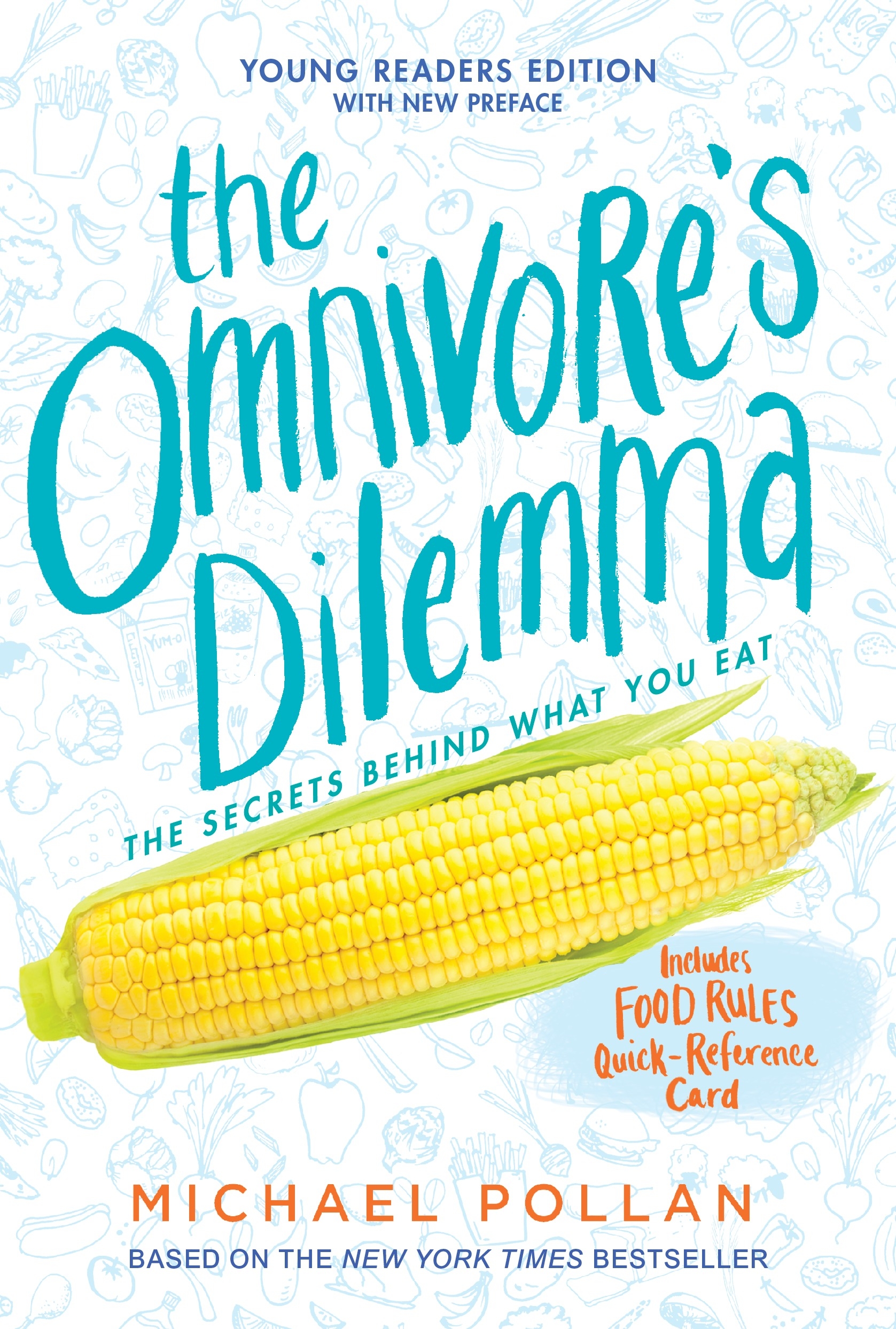 The Omnivore’s Dilemma Young Readers Edition by Michael Pollan
The Omnivore’s Dilemma Young Readers Edition by Michael Pollan
Young Readers Editions are not exclusively about inspirational biographies – many make topical issues accessible to all ages. Published soon after Eric Schlosser’s Fast Food Nation (which has its own Young Readers Edition ), The Omnivore’s Dilemma reveals the social and environmental consequences of food production. The Omnivore’s Dilemma helps us understand the interconnections between sustainability, ethics and public health, as we grow increasingly aware of the wider consequences of our food choices. Facts have been updated in this 10th Anniversary reissue, which also includes a new Preface and Afterword.
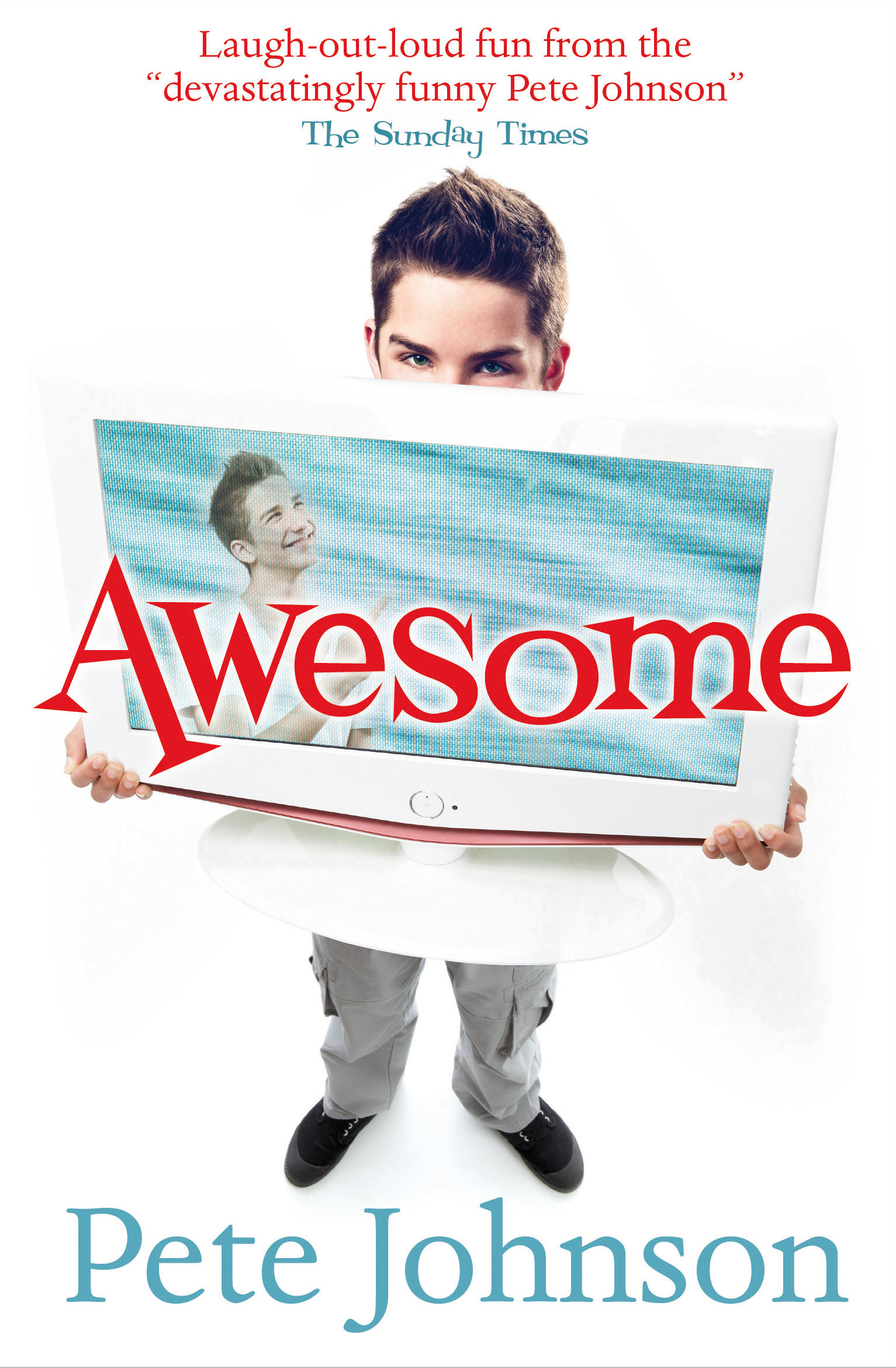 Awesome by Pete Johnson
Awesome by Pete Johnson
Young readers who find reading a little challenging may enjoy “Hi-Lo” books. They are stories that have HI-interest (themes that appeal to older children or teens) but with LO-vocabularly – meaning that older, reluctant / struggling readers are not stuck with books aimed at young kids. Many Hi-Lo titles are by popular and well-known authors, and have additional accessible features including dyslexia-friendly fonts and layouts. Awesome is a comedy about Ben, who is mistaken for a TV star at his new school – you can imagine the mayhem this causes! Awesome is aimed at teen readers and has been edited to a reading age of 7.
Walk a mile in someone else’s shoes – Booko’s favourite biographies
Who needs fiction when you have biographies? Biographies can make you laugh or cry; they can offer comfort or inspiration – and sometimes all of these at once! Whether the subjects are famous or ordinary, these stories offer insight into remarkable lives and extraordinary experiences. Here is a selection of biographies to suit every taste:
Unmasked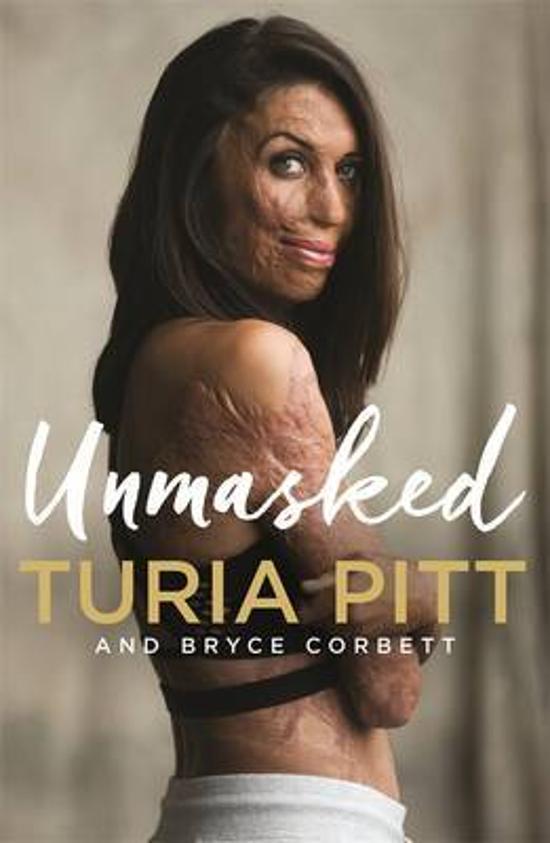 by Turia Pitt and Bryce Corbett
by Turia Pitt and Bryce Corbett
Turia Pitt was running an ultramarathon in outback Australia when she was caught in a bushfire. This accident seemed set to destroy her successful life as a mining engineer and a model – Turia barely survived her injuries, which included extensive, disfiguring burns. With fierce determination, great courage, and the support of loving parents and a partner, Turia is not only on the road to recovery, but is achieving ever more impressive feats as a motivational speaker and endurance athlete. Unmasked describes this new chapter in Turia’s life – how love and determination has helped her recover and thrive, and how we can all apply similar lessons in our own lives.
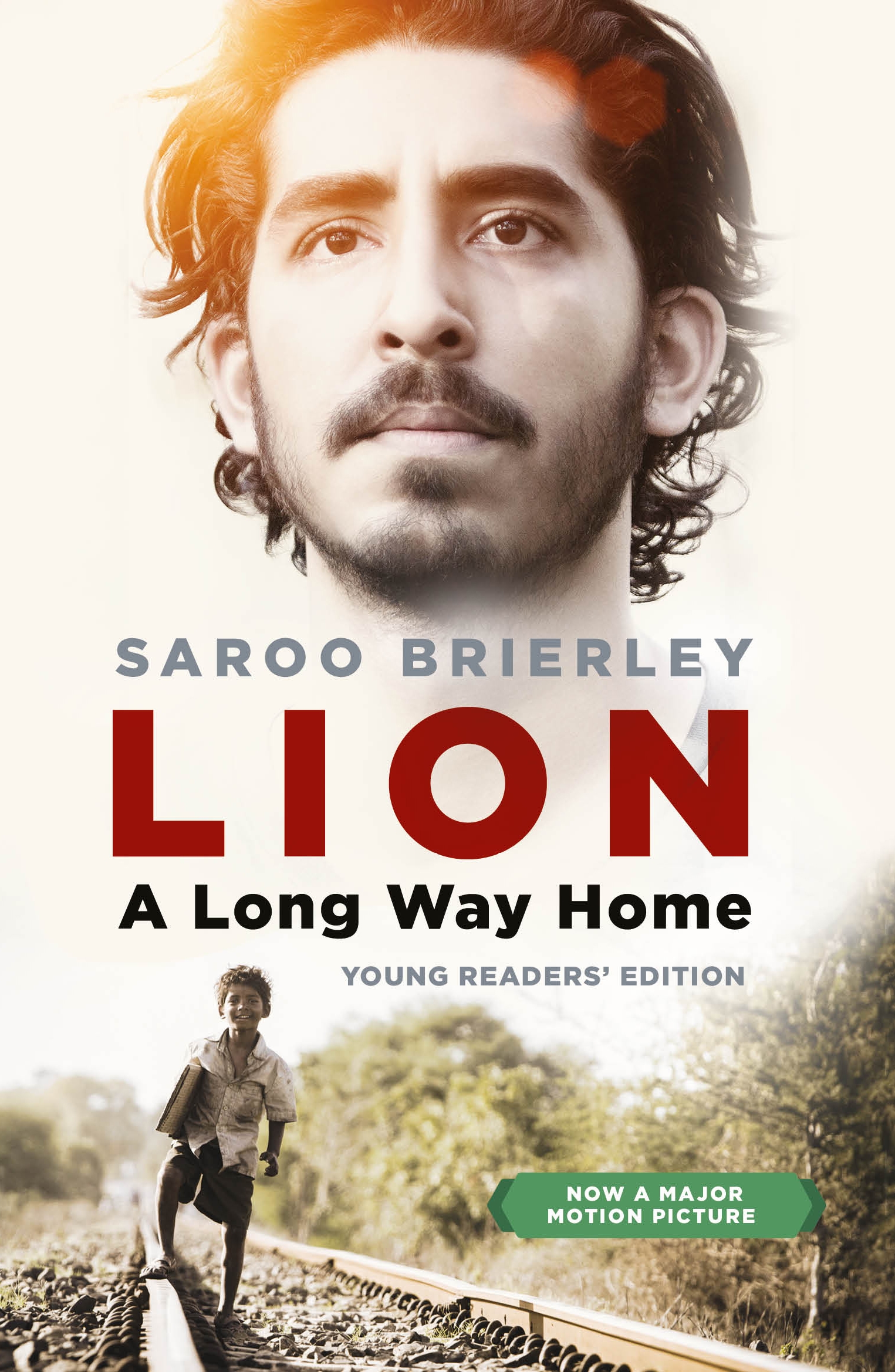 Lion: a Long Way Home (Young Readers Edition) by Saroo Brierley
Lion: a Long Way Home (Young Readers Edition) by Saroo Brierley
Saroo Brierley’s remarkable story has wowed both readers and cinema-goers – in fact, Lion became one of the Highest Grossing Australian Films of All Time only a month after its release . Now children can experience the story all by themselves with this Young Readers’ edition. Little Saroo was lost on a train in India when he was only five years old. Far from home, with no money and no language, he had to avoid a lot of danger just to survive. Eventually he found safety and a new life with adoptive parents in Australia. While he loves his new parents, he never forgot his earlier life. His search for his birth family is a fantastic, almost fairy-tale like story about hope, perseverance and technology.
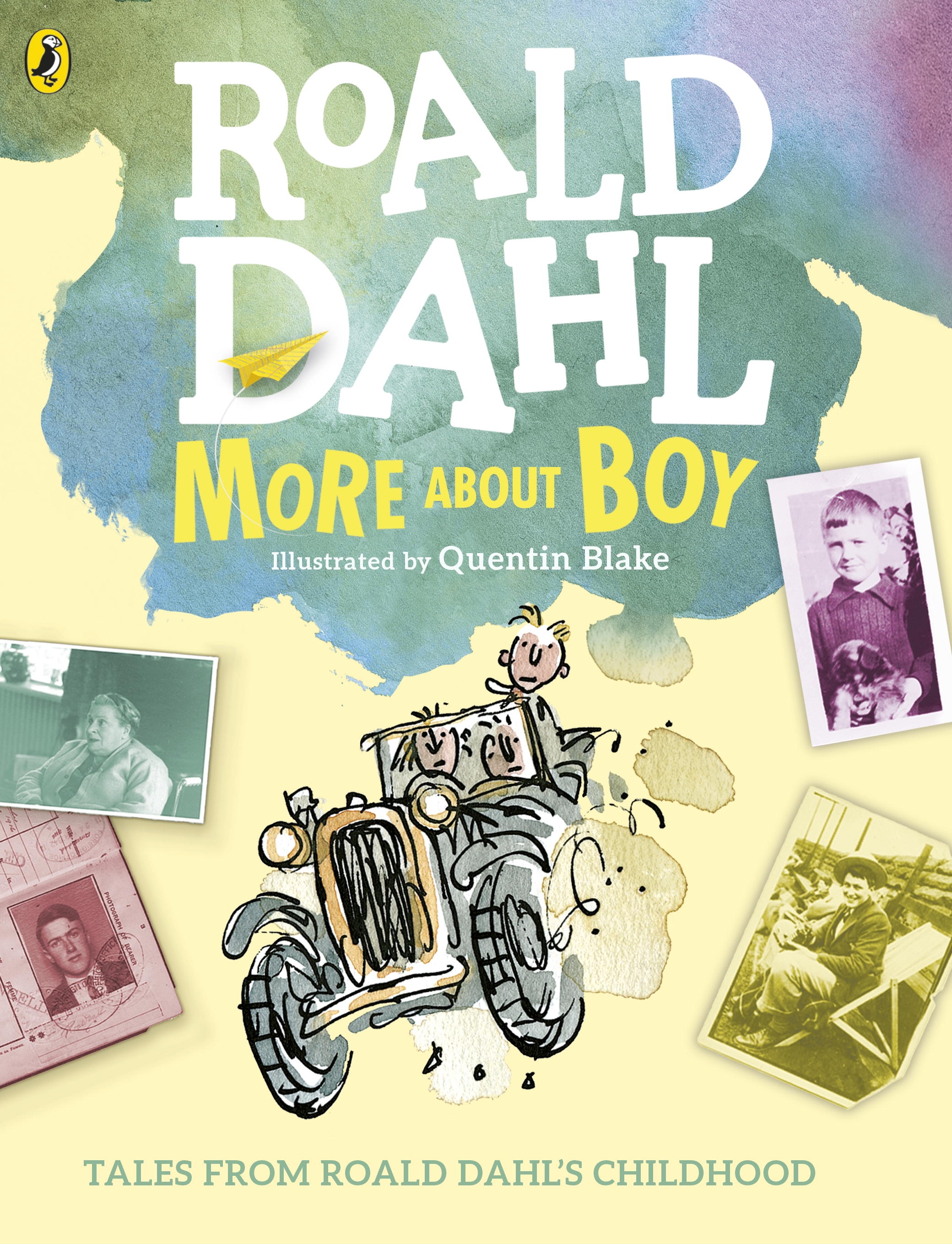 More About Boy: Roald Dahl’s Tales from Childhood by Roald Dahl
More About Boy: Roald Dahl’s Tales from Childhood by Roald Dahl
Many readers love biographies because they are inspiring – stories like Unmasked and Lion describe triumphs over incredible challenges. However, biographies can also be entertaining and fun. More About Boy is an expanded edition of Boy, Roald Dahl’s celebrated autobiography of his childhood. The drama and naughty humour in the original stories – including Quentin Blake’s illustrations – are still there, and have been enriched with archival material including photos, letters, and previously unpublished stories. The result is not only very readable, but it also gives better insight into Roald Dahl as a writer. For Roald Dahl fans of all ages!
Born on a Blue Day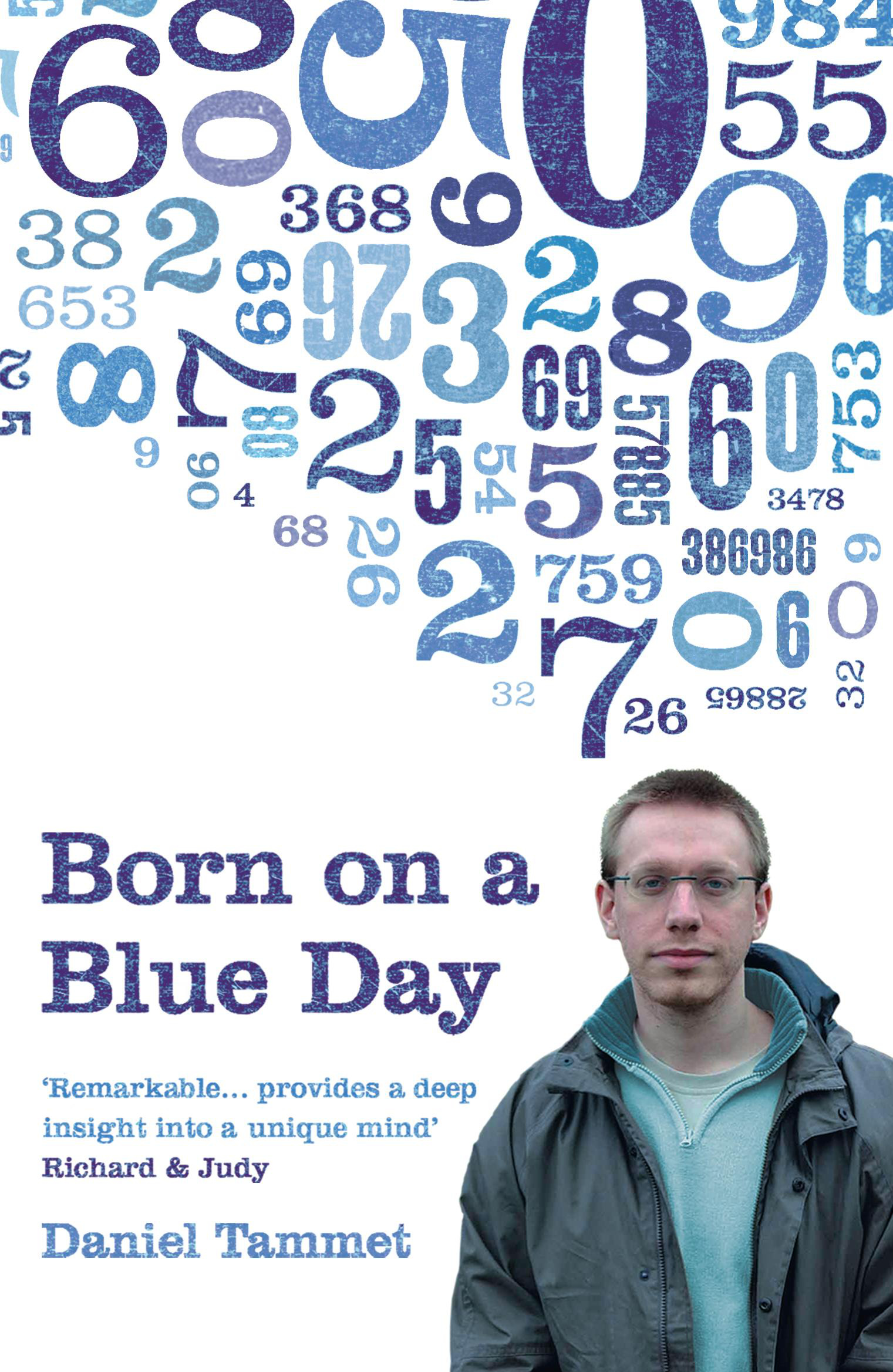 by Daniel Tammet
by Daniel Tammet
Born on a Blue Day is special because it is a first-hand account of autism. Daniel Tammet is an autistic savant – while his ability in abstract thinking and social interactions are impaired, he has genius-level abilities in mathematics and languages. Daniel’s combination of autistic behaviours and language expertise is particularly rare – it makes Born on a Blue Day an incredibly articulate, often lyrical, and very informative description of what it’s like to live with autism. Born on a Blue Day charts Daniel’s life from a withdrawn, often frustrating childhood to eventual success in adulthood, gaining financial independence with his own business, sustaining a long-term romantic relationship and achieving fame as a real-life “Rain Man”.
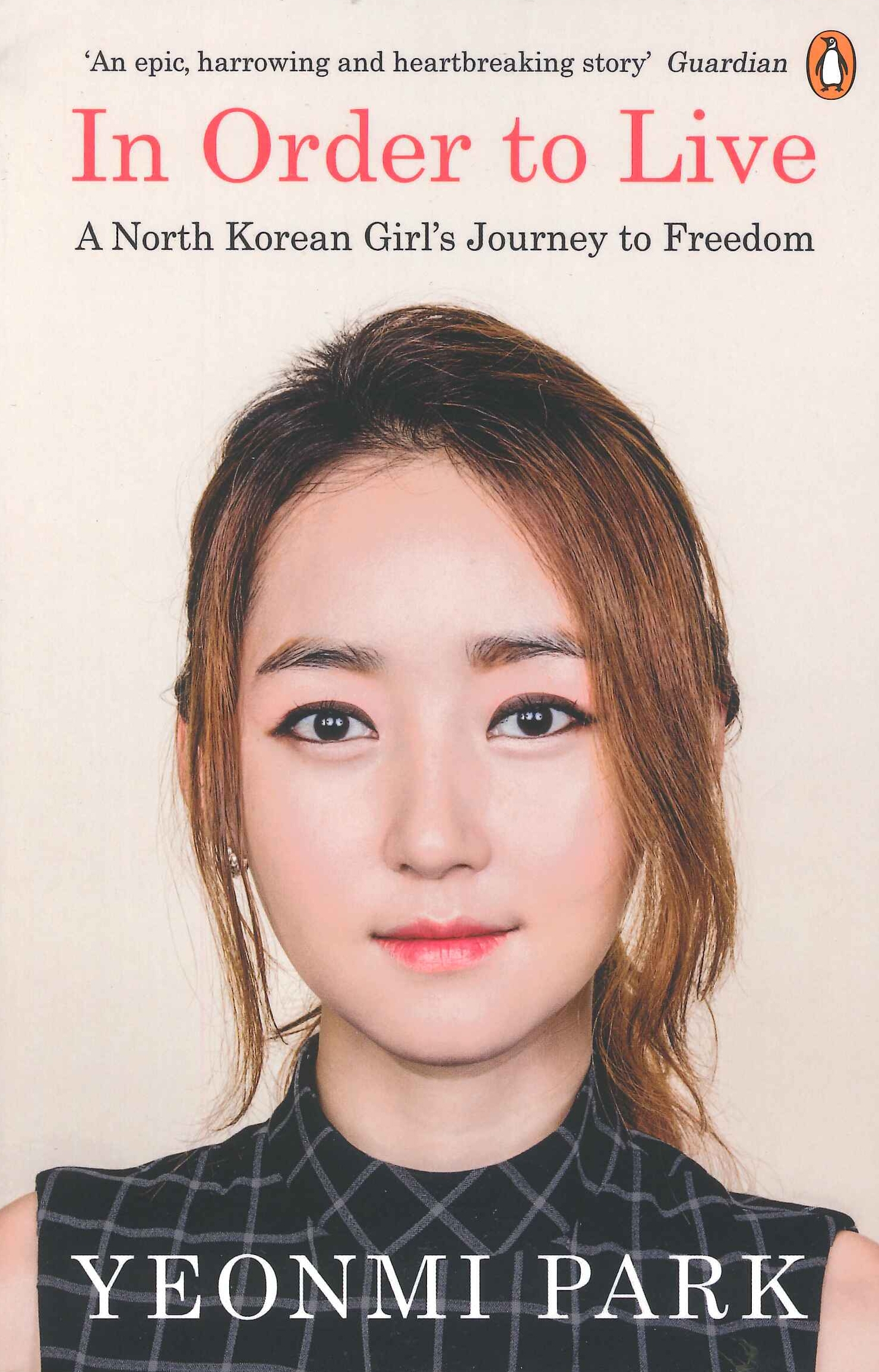 In Order to Live: a North Korean Girl’s Journey to Freedom by Yeonmi Park
In Order to Live: a North Korean Girl’s Journey to Freedom by Yeonmi Park
North Korea is regularly in the media spotlight but little is known about this closed and secretive country. For most of us, the only information we can get is through biographies. Yeonmi Park joins a group of North Korean defectors who have used their life stories to publicise the plight of North Koreans. As a child, Yeonmi lived a relatively wealthy life until her father was arrested for smuggling. This fall from grace made the Park family’s lives increasingly dangerous and, once Yeonmi’s father was released from prison, the family attempted to escape to China. Yeonmi and her mother endured rape and human trafficking in their long and perilous journey, having to trek across China into Mongolia, before missionaries could take them to safety in South Korea.
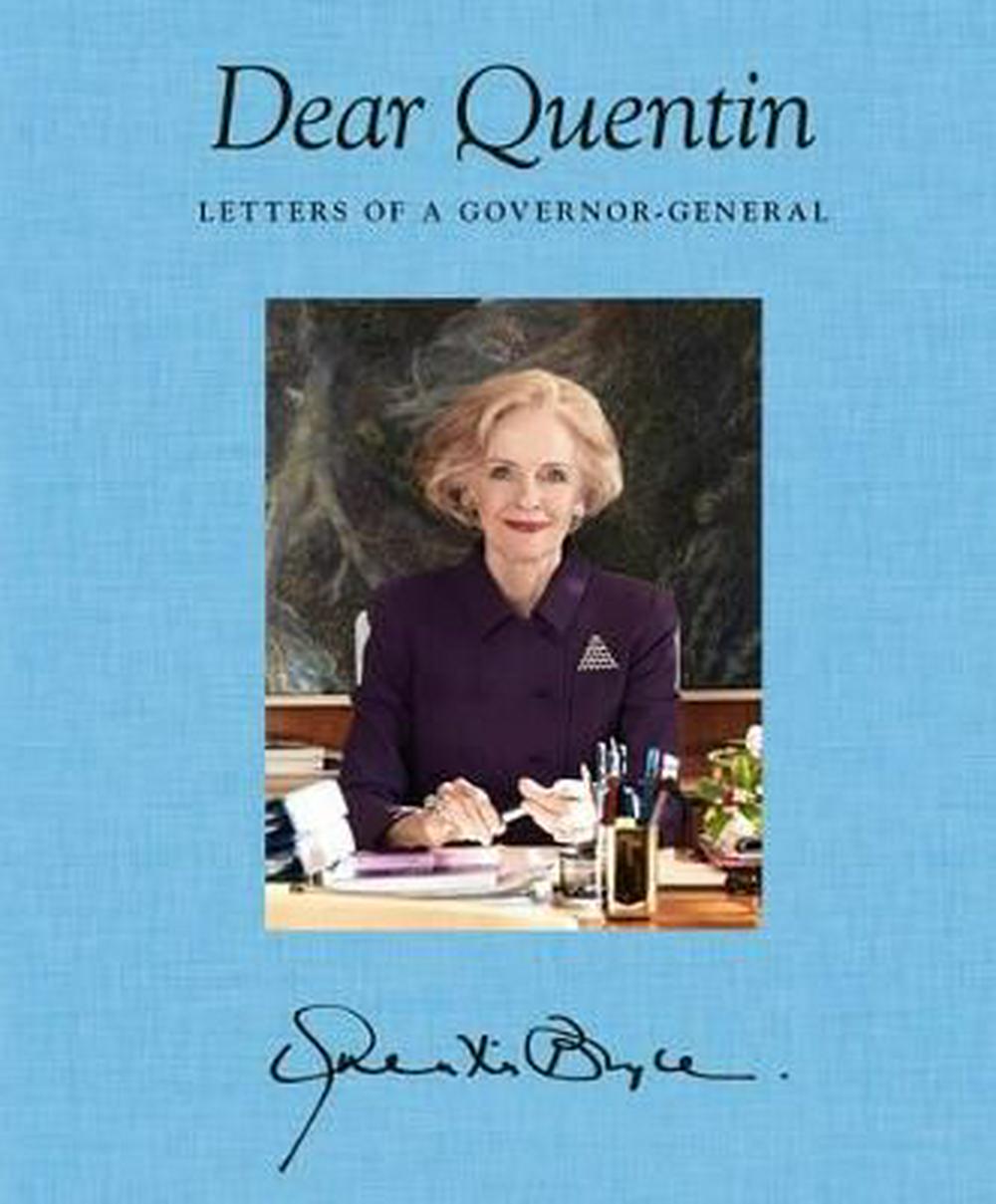 Dear Quentin: Letters of a Governor General by Quentin Bryce
Dear Quentin: Letters of a Governor General by Quentin Bryce
Dear Quentin is not a biography per se but it does offer fascinating glimpses into the life of Dame Quentin Bryce and into the role of Australian Governor-General. During her tenure (2008-2014), Quentin Bryce travelled extensively, both across Australia and internationally. She also wrote prolifically – upwards of 50 letters a week, to people of eminence as well as ordinary citizens. Dear Quentin is a collection of those letters, both written to and by her. The correspondence shows a warm, intelligent, articulate person meeting her demanding job with humour and dedication. Dear Quentin also celebrates the art of letter-writing, and the delight we feel when we receive one (even if we are too lazy to write them ourselves!) Royalties to this book will go towards research into child health.
Books that challenge the status quo – addressing your confirmation bias
Confirmation bias: the tendency to interpret new evidence as confirmation of one’s existing beliefs or theories
Confirmation bias has been around for a long time and is a topic that is currently prevalent in social media with increasing importance for everyone to become aware of and address. If affects us in many facets of our lives, from the books we buy to how we search online. It’s pretty simple to summarise but somewhat harder to change – we want to be right about how we see the world, so we seek out information which confirms our beliefs and avoid contradictory evidence and opinions.
We’ve rounded up a few of our favourite titles that challenge how we think. Brace yourself, you’ll be somewhat pensive at the end of this reading marathon!
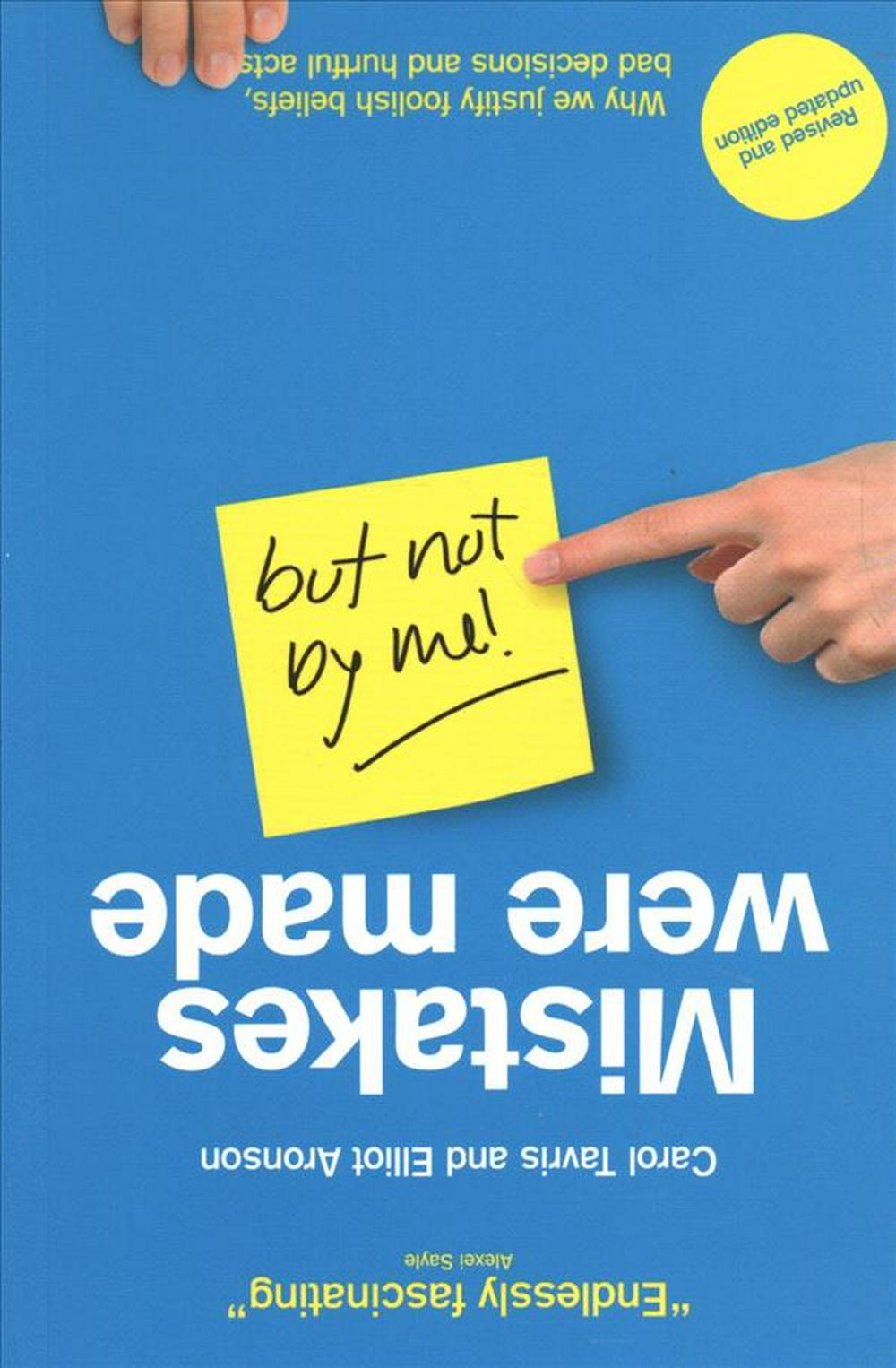 Mistakes were made (but not by me) by Carol Tavris and Elliot Aronson
Mistakes were made (but not by me) by Carol Tavris and Elliot Aronson
Why do people dodge responsibility when things fall apart? Why the parade of public figures unable to own up when they make mistakes? Why the endless marital quarrels over who is right? Why can we see hypocrisy in others but not in ourselves? Are we all liars? Or do we really believe the stories we tell? Renowned social psychologists Carol Tavris and Elliot Aronson take a compelling look into how the brain is wired for self-justification. When we make mistakes, we must calm the cognitive dissonance that jars our feelings of self-worth. And so we create fictions that absolve us of responsibility, restoring our belief that we are smart, moral, and right – a belief that often keeps us on a course that is dumb, immoral, and wrong. A fascinating explanation of self-deception – how it works, the harm it can cause, and how we can overcome it.
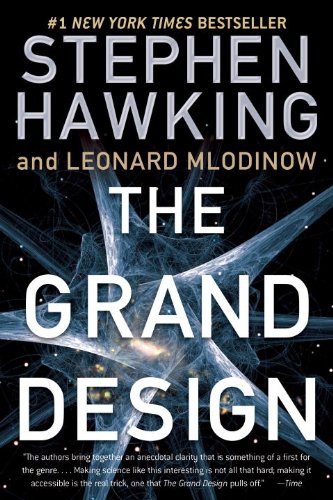 The Grand Design by Stephen Hawking
The Grand Design by Stephen Hawking
When and how did the universe begin? Why are we here? What is the nature of reality? Is the apparent ‘grand design’ of our universe evidence for a benevolent creator who set things in motion? Or does science offer another explanation? In The Grand Design, the most recent scientific thinking about the mysteries of the universe is presented, in language marked by both brilliance and simplicity. The Grand Design explains the latest thoughts about model-dependent realism (the idea that there is no one version of reality), and about the multiverse concept of reality in which there are many universes. There are new ideas about the top-down theory of cosmology (the idea that there is no one history of the universe, but that every possible history exists). A succinct, startling and lavishly illustrated guide to discoveries that are altering our understanding and threatening some of our most cherished belief systems, The Grand Design is a book that will inform – and provoke – like no other.
 Thinking, Fast and Slow by Daniel Kahneman
Thinking, Fast and Slow by Daniel Kahneman
The renowned psychologist and winner of the Nobel Prize in Economics, takes us on a groundbreaking tour of the mind and explains the two systems that drive the way we think. System 1 is fast, intuitive, and emotional; System 2 is slower, more deliberative, and more logical. The impact of overconfidence on corporate strategies, the difficulties of predicting what will make us happy in the future, the profound effect of cognitive biases on everything from playing the stock market to planning our next vacation. Each of these can be understood only by knowing how the two systems shape our judgments and decisions. Kahneman reveals where we can and cannot trust our intuitions and how we can tap into the benefits of slow thinking, offering practical and enlightening insights into how choices are made in both our business and our personal lives and how we can use different techniques to guard against the mental glitches that often get us into trouble.
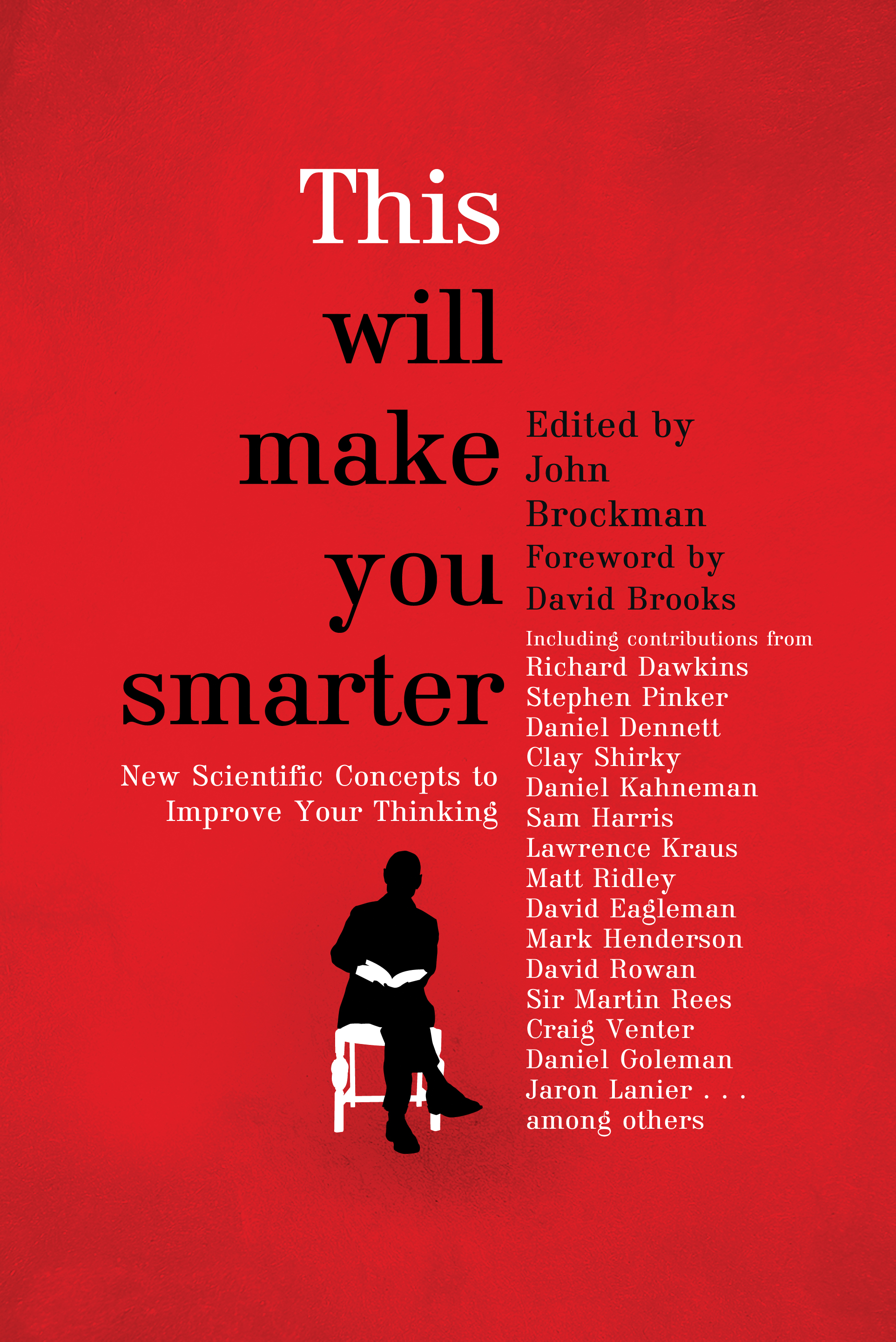 This Will Make You Smarter by John Brockton
This Will Make You Smarter by John Brockton
John Brockman has brought together the most influential thinkers of our age to offer their choice of the ideas, strategies and arguments that will help all of us understand our world, and its future. Every year he sets them a question, in 2013 that question was: What Scientific Concept Would Improve Everybody’s Cognitive Toolkit? Their answers are collected in this book and explore philosophy, psychology, economics, and other disciplines – and all share one aim: to provide the most reliable ways of gaining knowledge about anything, whether it be human behaviour, corporate behaviour, the fate of the planet, or the future of the universe.
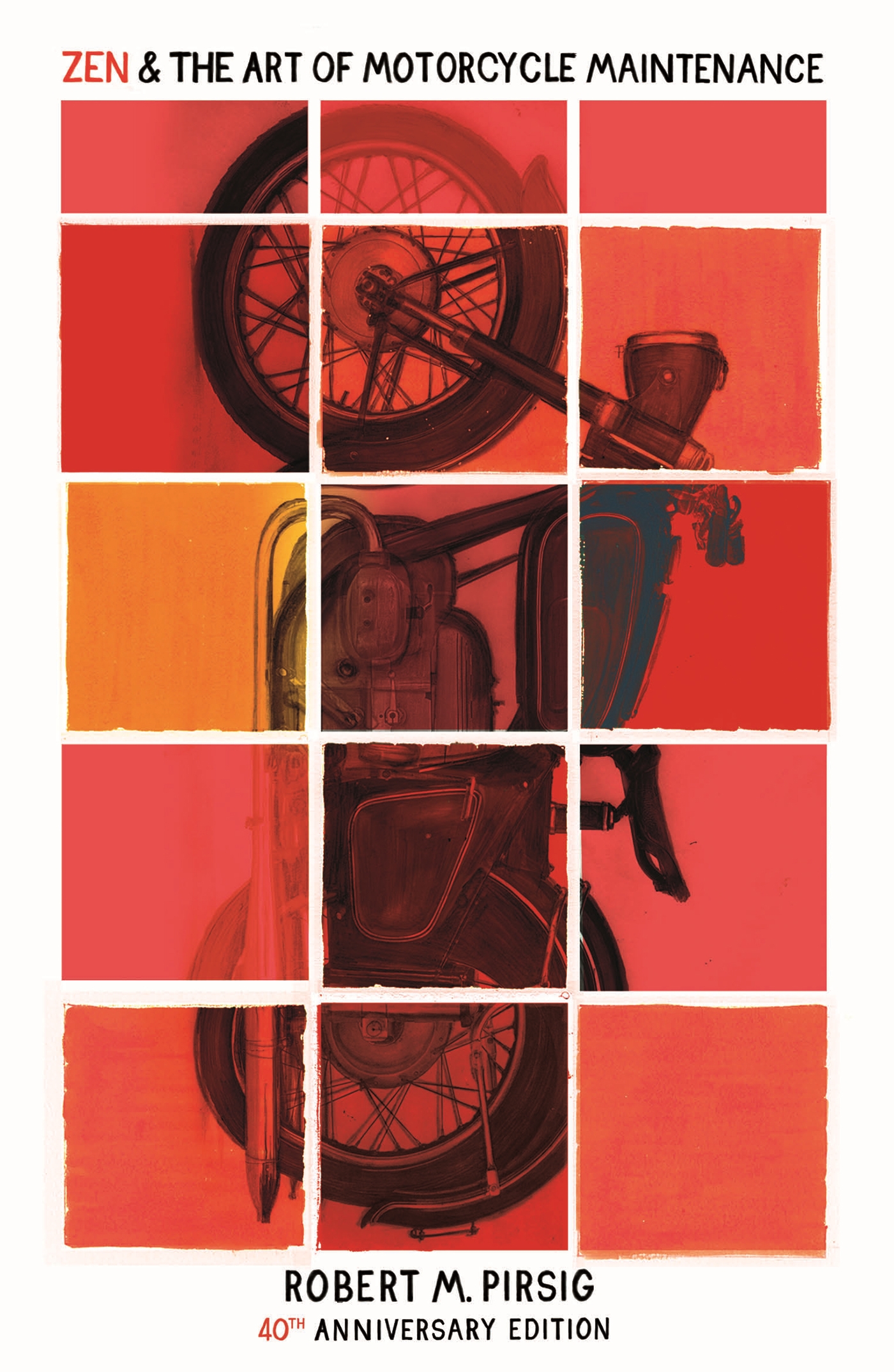 Zen and the Art of Motorcycle Maintenance by Robert Pirsig
Zen and the Art of Motorcycle Maintenance by Robert Pirsig
Acclaimed as one of the most exciting books in history, this modern epic became an instant bestseller upon publication in 1974, transforming a generation and continuing to inspire millions. A narration of a summer motorcycle trip undertaken by a father and his son, the book becomes a personal and philosophical odyssey into fundamental questions of how to live. Resonant with the confusions of existence, Zen and the Art of Motorcycle Maintenance is a touching and transcendent book of life.
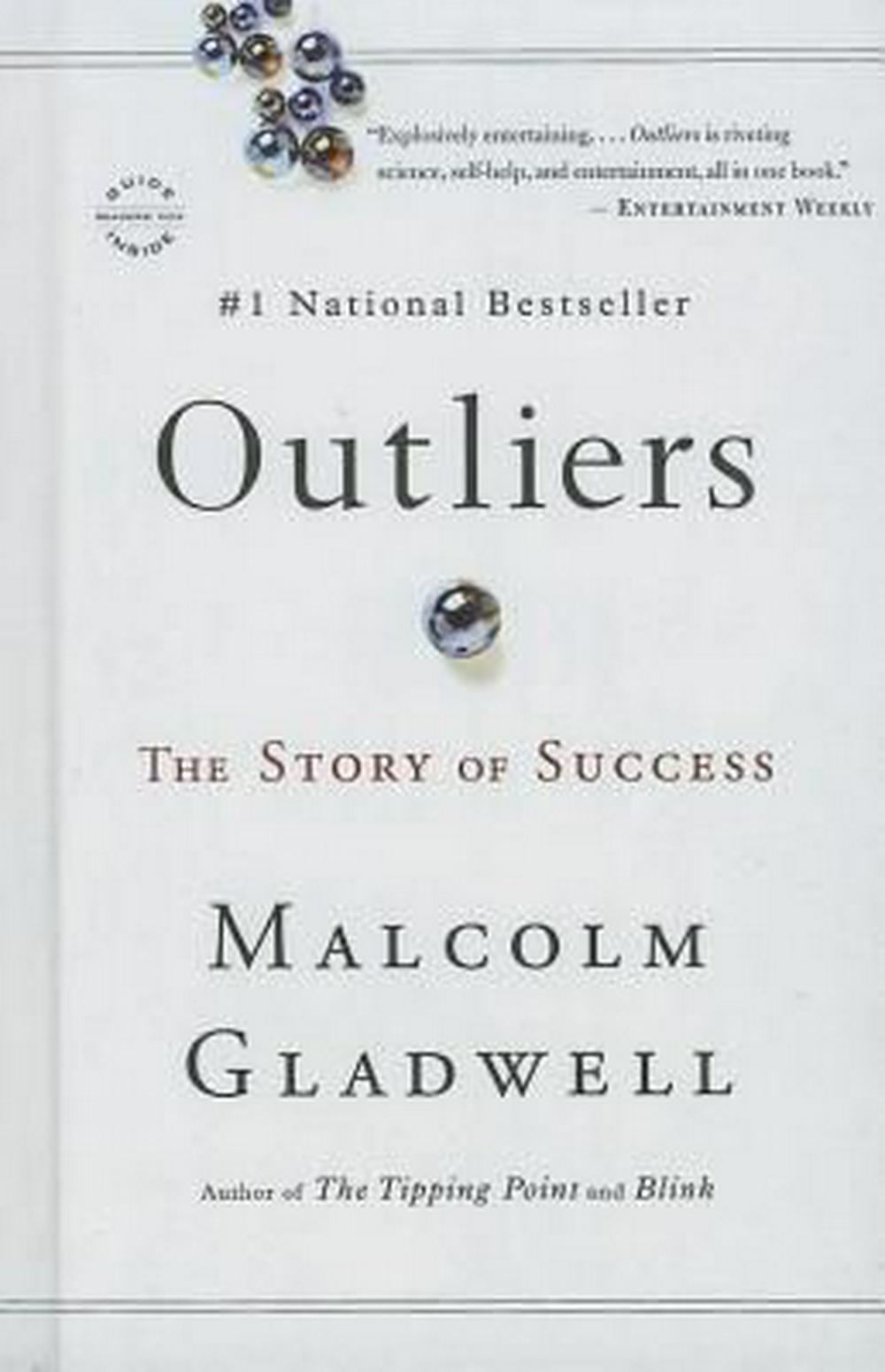 Outliers by Malcom Gladwell
Outliers by Malcom Gladwell
Malcolm Gadwell is one of my favourite authors. I have read and reread two of his other books The Tipping Point and Blink and have recommended them to many others. In Outliers, Malcolm Gladwell takes us on an intellectual journey through the world of “outliers” – the best and the brightest, the most famous and the most successful. He asks the question: what makes high-achievers different?
His answer is that we pay too much attention to what successful people are like, and too little attention to where they are from: that is, their culture, their family, their generation, and the idiosyncratic experiences of their upbringing. Along the way he explains the secrets of software billionaires, what it takes to be a great soccer player, and what made the Beatles the greatest rock band.
Enjoy!
On writers and publishing
Most of us booklovers have probably dreamt of writing our own masterpieces someday. That dream may be more achievable than you think – the internet has given us more opportunities to get our work noticed, both in terms of helping us connect with potential mentors, buddies and audiences, and also in terms of self-publishing (physical books, eBooks and online). Here’s some inspiration, information and motivation to finally get started on “that book you have in you”.
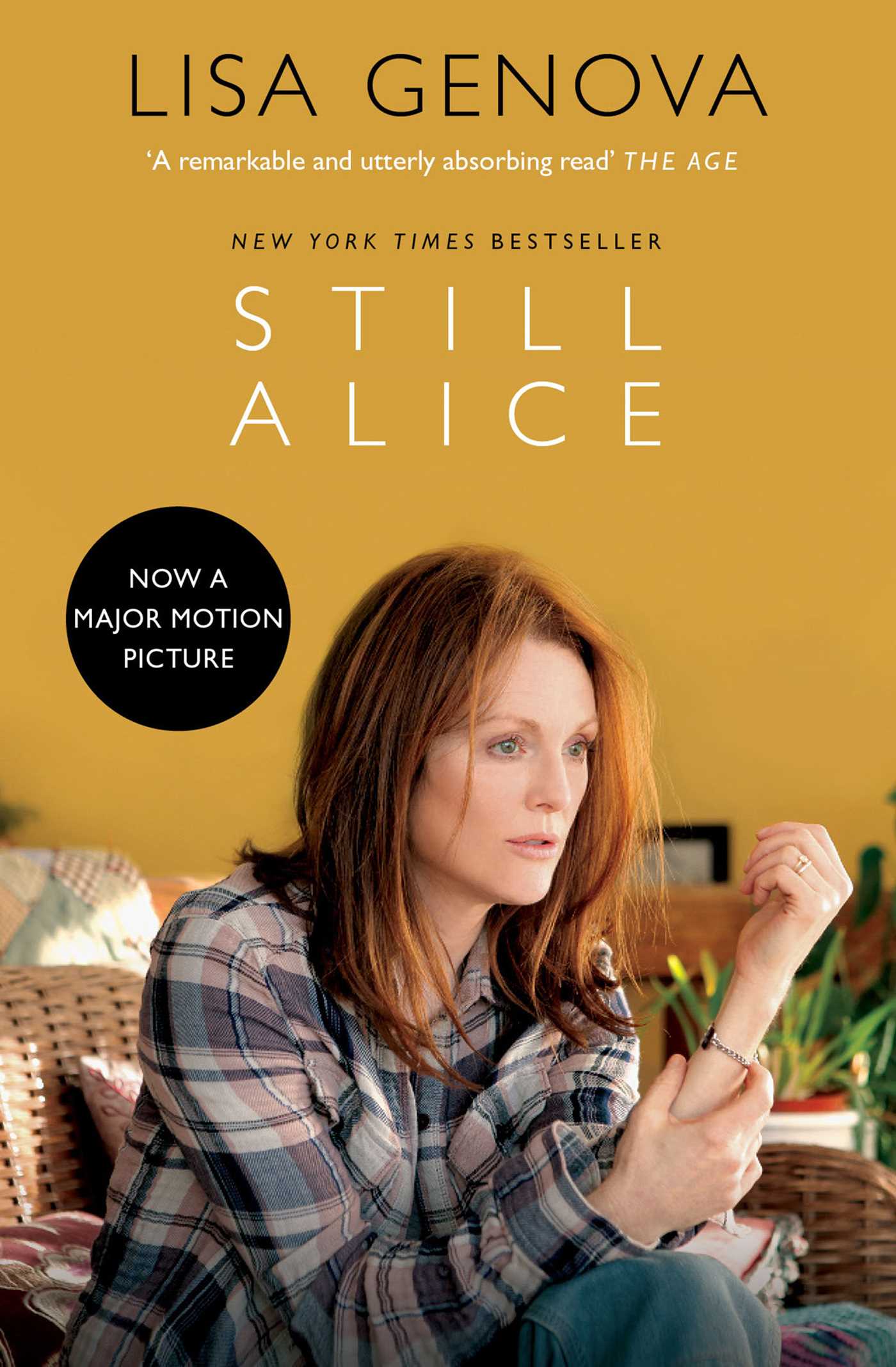 Still Alice by Lisa Genova
Still Alice by Lisa Genova
Did you know that this acclaimed novel of a woman’s battling early-onset Alzheimer’s disease was originally self-published? After receiving no interest from traditional publishers and literary agents, Lisa Genova chose to self-publish, then set about engaging with potential readers through social media. Her persistence was rewarded with internet buzz and solid sales, and eventually led to an offer from a major publisher. E.L. James’ 50 Shades trilogy is another famous and successful example of a book that was self-published before gaining attention from traditional publishers.
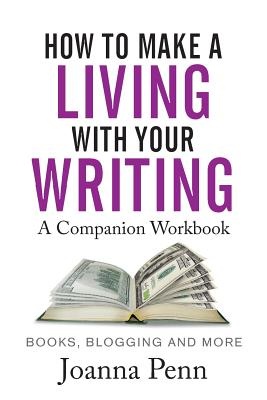 How to Make a Living with Your Writing by Joanna Penn
How to Make a Living with Your Writing by Joanna Penn
This is the manual for Living the Dream – how to support yourself as a full-time writer. Joanna Penn is an author, speaker, marketer and publisher who has developed a growing business – and a six-figure income – out of her creative output. In How to Make a Living with Your Writing, she uses her own experience to show how to make money from books, and also how to capitalise on your creativity in other ways, such as by blogging, public speaking, coaching and content marketing. Also checkout her website, The Creative Penn for a wealth of (free) tips and resources for aspiring writers.
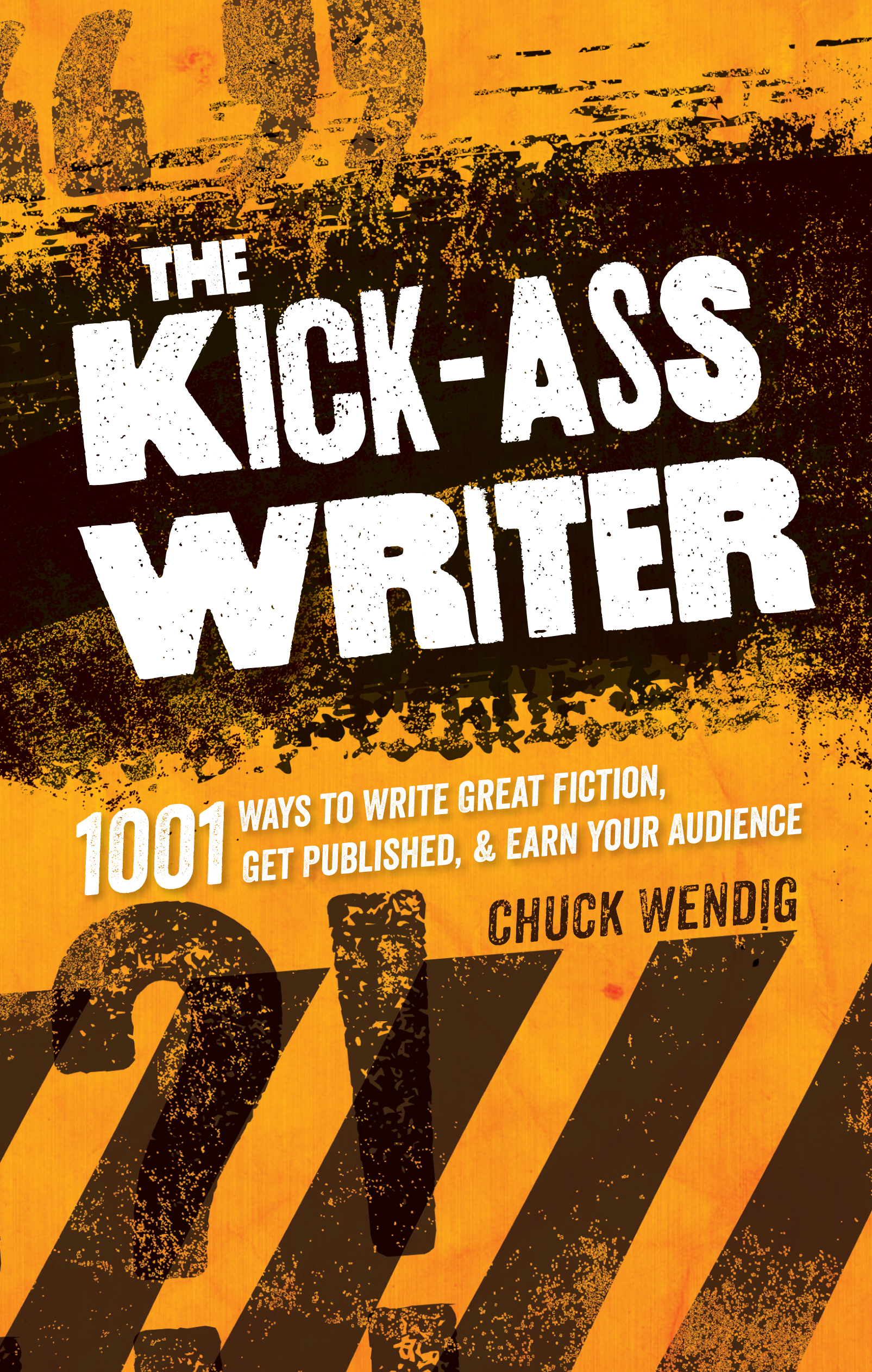 The Kick-Ass Writer by Chuck Wendig
The Kick-Ass Writer by Chuck Wendig
Chuck Wendig has built a successful writing career by embracing new formats and media – his works include a blog, eBooks, computer games, scripts, comics as well as novels. He also writes great writing advice – his tone is sharp and in-your-face and aims to challenge and provoke. The Kick-Ass Writer starts from the beginning – how to get started, how to build characters and dialogue and develop suspense – and onto how to deal with publishers and agents, and how to promote, connect and market yourself. It also discusses crowd funding, self-publishing writer’s block and how to handle rejection. A great resource for helping you become the Kick-Ass Writer you want to be.
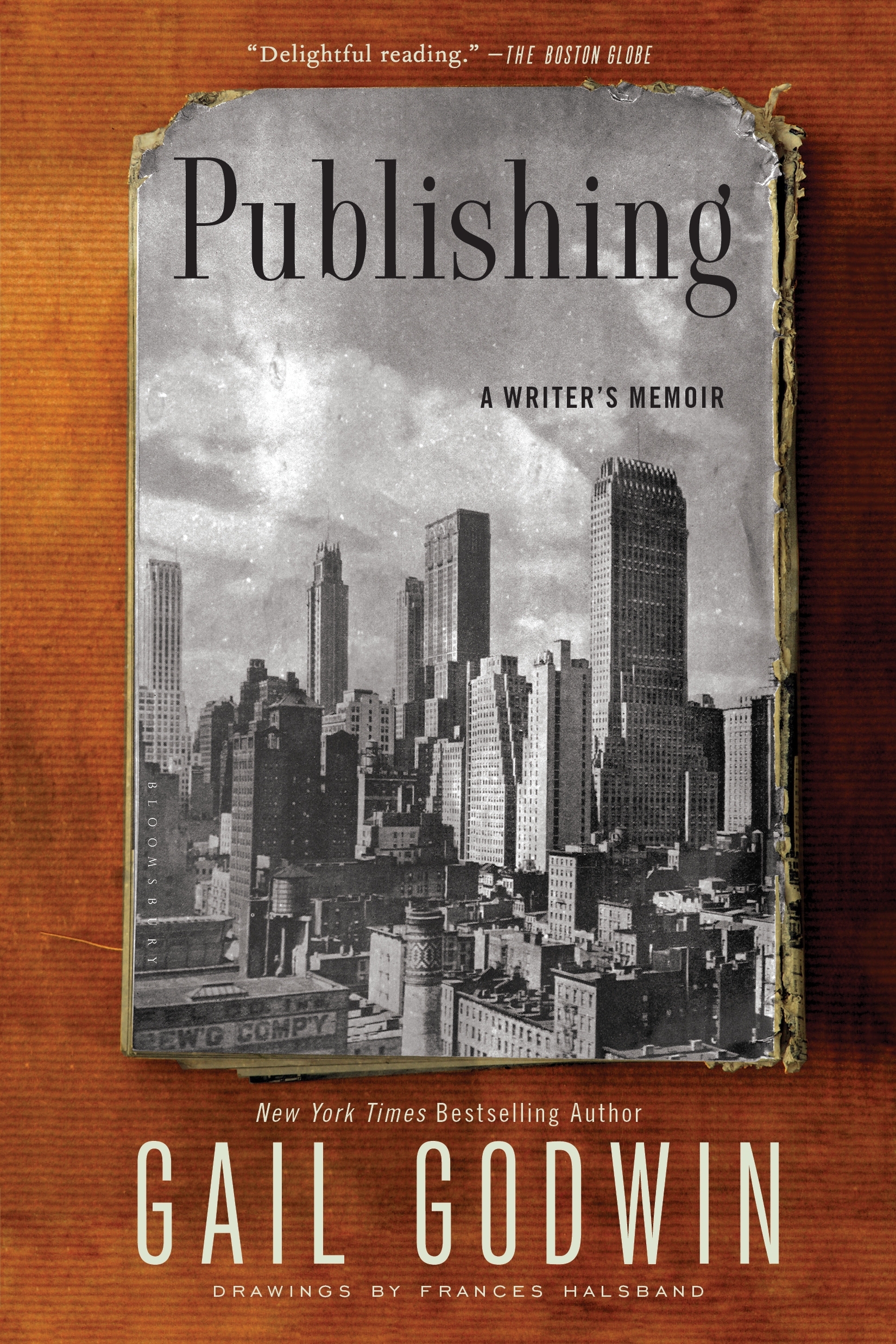 Publishing: a Writer’s Memoir by Gail Godwin
Publishing: a Writer’s Memoir by Gail Godwin
For an insider’s take on writers and their relationships with the publishing industry, you cannot go past Gail Godwin’s memoir. Gail Godwin has been a writer for five decades, with over 20 published works. Publishing: a Writer’s Memoir reflects on Gail as a writer: her hunger to be published, her craft, and what it means to be a modern author (there is a great anecdote about branding and self-promotion). It also reflects on the changing nature of the publishing industry, from a more “gentlemanly”, literary enterprise to big business. Gail Godwin offers fascinating insights to anyone curious about the book industry.
From blogger / vlogger to author
Developing great blogs and vlogs (eg YouTube channels) are an increasingly common pathway to a book deal. Blogs/vlogs are powerful tools that can help you hone your writing skills, develop/promote your brand and connect with potential readers. Many popular authors – particularly in the humour / food & wellness / lifestyle / parenting categories – first became known through their blogs. Two of my favourite bloggers/vloggers-turned-authors include:
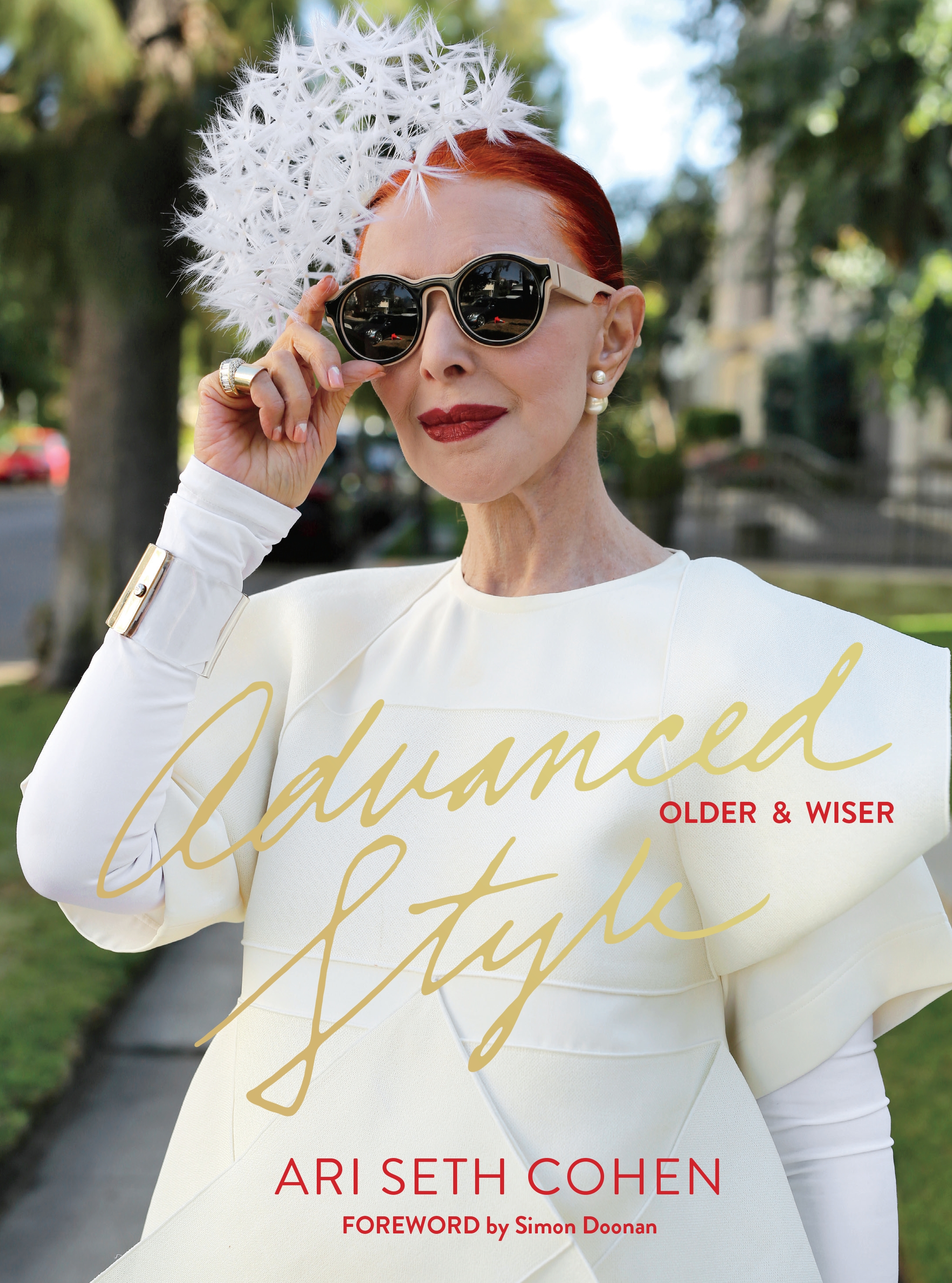 Advanced Style: Older and Wiser by Ari Seth Cohen
Advanced Style: Older and Wiser by Ari Seth Cohen
Advanced Style started as a blog celebrating stylish, older New Yorkers, and has turned into a worldwide movement. The colourful portraits in Advanced Style urge us to be bold, take risks and dress how we like, whether we are 15 or 85. I saw the eponymous documentary a few years’ ago, and not only was there great style on-screen, many of the audience were bold and stylish too. Advanced Style is joyous and gloriously inspirational.
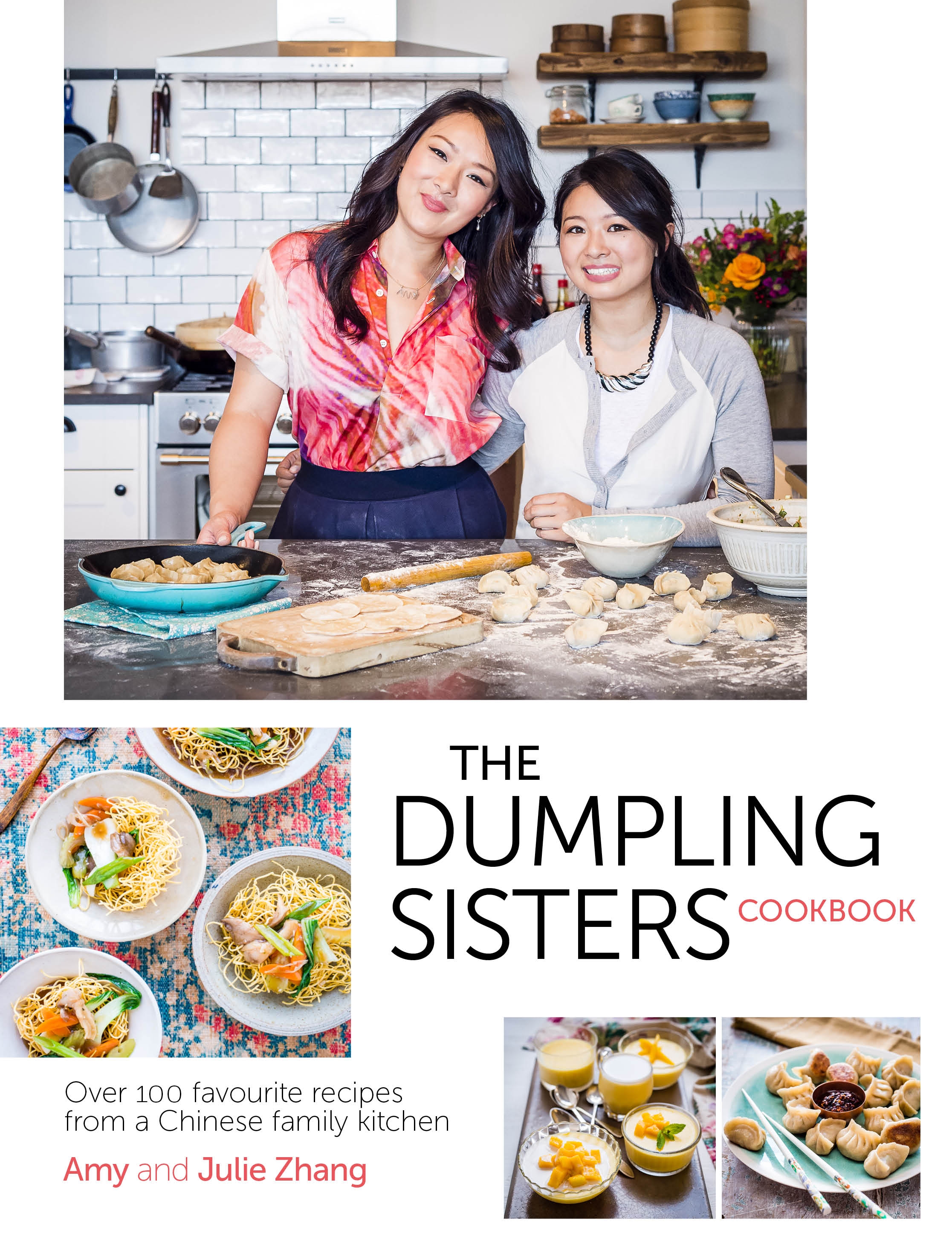 The Dumpling Sisters Cookbook by Amy and Julie Zhang
The Dumpling Sisters Cookbook by Amy and Julie Zhang
Amy and Julie Zhang are popular YouTubers whose Dumpling Sisters videos showcase modern takes on homestyle Chinese dishes.
The sisters – born in China, raised in New Zealand and now living in the UK – love their food because it’s a reminder of their Chinese background and their childhood, and also because it’s a great way to connect with their friends. Dishes such as oyster sauce beef and broccoli, and prawn and spinach wontons, are great whether for some quiet me-time or for fun and casual entertaining.
Fostering adult literacy
Can you imagine not being able to help your child with their homework? For many people in our society, reading their mail or filling out a form is a seemingly impossible task.
14% of adults (one in seven) in our community have low levels of literacy, according to the Programme for the International Assessment of Adult Competencies (PIAAC) survey. Many of the tasks you might take for granted like reading medicine labels, writing lists, interpreting maps, reading instruction manuals and other things that we encounter in our lives are a challenge.
If you know of a family member, friend or neighbour that could benefit from assistance, there’s a multitude of resources that can help improve their proficiency (as you might imagine). Here are some of them:
Eligible adult migrants and humanitarian entrants to Australia can access up to 510 hours of free English lessons.
Part of the Australian Government Department of Education and Training, this site provides a range of adult literacy resources, training material and Professional Development resources for industry trainers/assessors.
National Literacy and Numeracy Week
This occurs from 29 August – 4 September and celebrates the progress Australian schools are making in raising the literacy and numeracy levels of students.
Skills for Education and Employment
This site provides language, literacy and numeracy training to help people improve their speaking, reading, writing or basic maths skills. The program aims to improve chances of getting and keeping a job, as well as making everyday life easier.
Bringing attention to literacy challenges is quite often met with shame and embarrassment. What’s important to bear in mind is that people who acquire literacy skills later in life are adults; they think like adults and require resources and support tailored to them specifically. We’ve sourced a range of resources suited to adults learning to read and write, here are some of them:
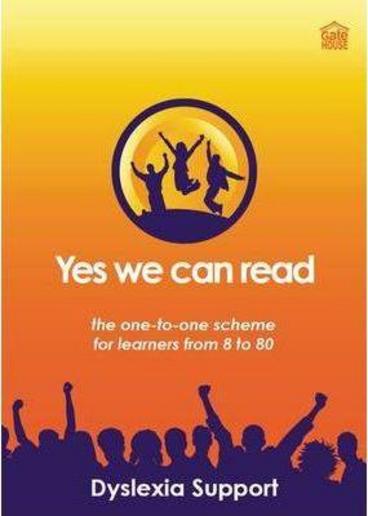 Yes We can Read by Libby Coleman
Yes We can Read by Libby Coleman
Gatehouse Books is a great source of literacy support books. ‘Yes we can read’ is a fantastic ‘go-to’ book because it guides the coach through the entire program. Suited towards any learners between the ages of 8 and 80, it’s a phonics-based program helping people develop reading for meaning.
The book teaches you how to help with teaching individual phonic sounds, blending sounds, building words and sentences together and reading fluently.
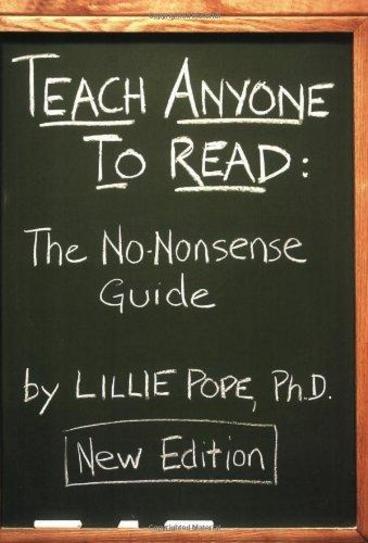 Teach anyone to read by Lillie Pope
Teach anyone to read by Lillie Pope
If you’re not trained as a teacher and not an expert in the field, teaching an adult to read might seem like an overwhelming ask. Pope’s books is as ‘no-nonsense’ as she claims. The techniques described in Pop’s book have been used successfully for more than 50 years and by thousands of instructors, helping thousands of students to read.
Liz and Joe go on holiday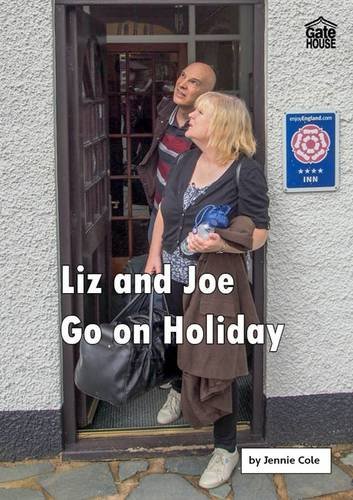 by Jennie Cole
by Jennie Cole
This book is part of a series that feature the Liz and Joe characters. Aimed at new readers, it’s targeted at those learning English as a second language (ESOL), In short story format, the books are illustrated with colour photos and in a comic books style format. The objective of these titles is to gradually increase your vocabulary with regards to daily life. Other titles in the series include Joe’s Surprise, Liz and Joe Have a Day out and Liz Gets a Gas Bill.
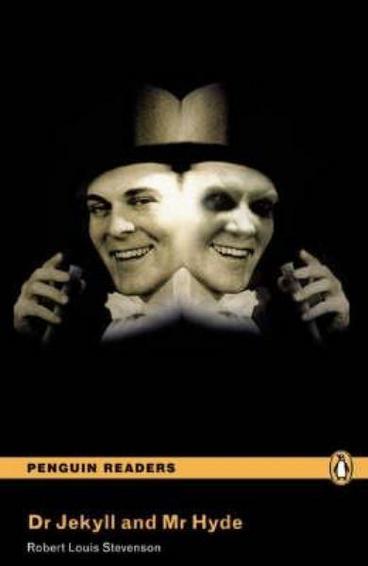 Dr Jekyll and Mr Hyde: Level 3 by Robert Louis Stevenson
Dr Jekyll and Mr Hyde: Level 3 by Robert Louis Stevenson
Pearson English Readers have a great reputation as a ‘go-to book’ when working with adults. Like most readers they work in a graded system and they cover a range of titles, including Young Adult or Adult titles, making them suitable for adult literacy support.
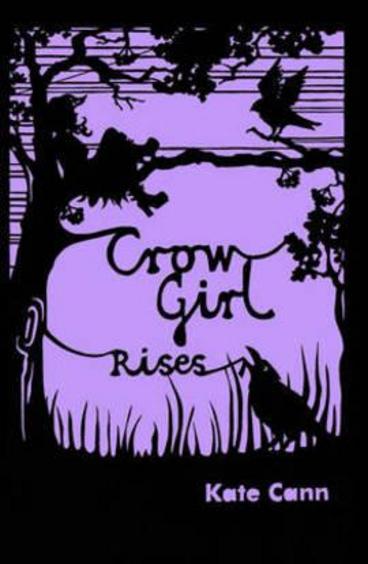 Crow Girl Rises by Kate Cann
Crow Girl Rises by Kate Cann
Crow Girl Rises is published by Barrington Stoke, a publishing company established by a mother-daughter team aimed at helping children and teens suffering with dyslexia. Innovations such as dyslexia-friendly font, tinted paper and short, engaging achievable books from an amazing range of authors have helped them win a number of publishing awards. This title is aimed at the Teen/Young Adult reader and deals with the teenage themes of love, parties and friendship (with a halloween theme).
Changing your world: how to make a difference in 2017
If you’re anything like me, your New Year’s resolutions are already in tatters. The standards of losing weight, doing more exercise and improving one’s diet have all been compromised by the Christmas/New Year festivities and holidays.
And the others? Well maybe next year.
However don’t despair. One resolution that everyone can still achieve is the determination to make a difference this year : to make 2017 the year you put back into your community and world, engage with people and help those worthy causes in your world and local community.
How best to go about this though? Where to start with your new altruistic approach?
Here are a few books that will help inspire you and make this year one where you make an important change in your world.
Change from within
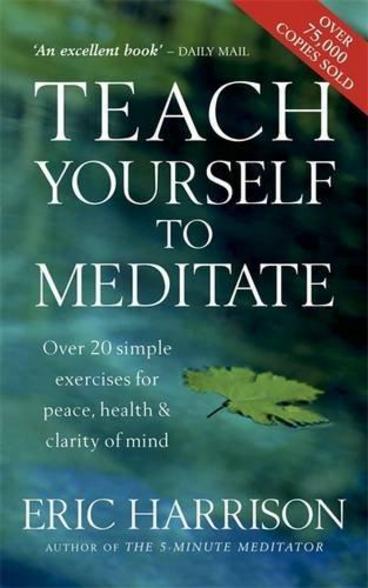 Learn meditation. Charity begins at home is the saying and improving oneself is the first step to making a difference with others. So, why not learn meditation?
Learn meditation. Charity begins at home is the saying and improving oneself is the first step to making a difference with others. So, why not learn meditation?
This ancient skill is proving more and more relevant (and useful) these days in the battle with the stress of modern day living. Learning to meditate is an important tool to be able to relax and focus and therefore learning how to be able to put back into our community.
Not only will learning to meditate allow you to relax, it will also help improve physical and mental health and boost creativity. Eric Harrison’s excellent book “Teach Yourself to Meditate” is an entry-level place to learn the art of meditation at your own pace with over 20 easy exercises for daily practice.
Change your community
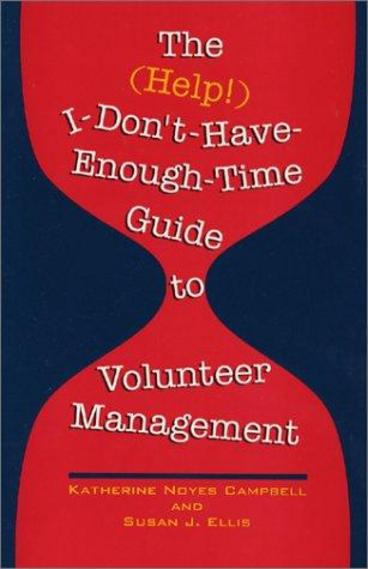 Manage time better. One of the key factors in not being able to help out in your local community is time. You probably have work and family commitments and balancing this alone is a struggle in our time-poor society before you can consider volunteering for organisations.
Manage time better. One of the key factors in not being able to help out in your local community is time. You probably have work and family commitments and balancing this alone is a struggle in our time-poor society before you can consider volunteering for organisations.
However Katherine Noyes Campbell and Susan J. Ellis aptly-titled “The (Help) I-Don’t-Have-Enough-Time Guide to Volunteer Management”, will help you organise your time to build a volunteer management team and conquer those community activism goals that you’ve been aiming to do for some time.
The book is a must for the bookshelf of anyone who is looking to juggle work and family with volunteer pursuits. It contains a wealth of strategies and solutions that will help you become a more effective volunteer manager.
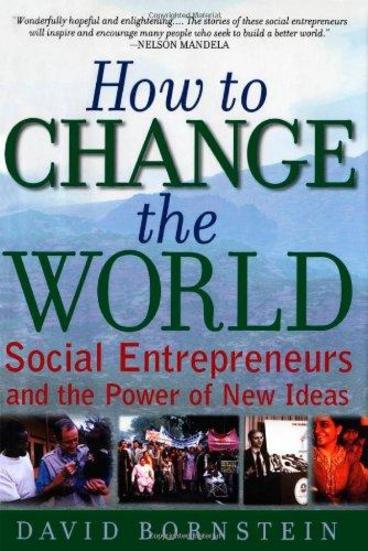 Social entrepreneurship. Whether you are changing the world or your local community, one effective way is to be a social entrepreneur.
Social entrepreneurship. Whether you are changing the world or your local community, one effective way is to be a social entrepreneur.
David Bornstein’s How to Change the World: Social Entrepreneurs and the Power of New Ideas is both a guide and a source of inspiration for those looking at entering this sector. He shows that social entrepreneurs are people with amazing ideas that act to transform their societies.
Using the examples of a number of people who have changed their communities through ideas, the author shows the benefit that these people can make in their society. What better way to be inspired to change your own world than to read of the deeds of others?
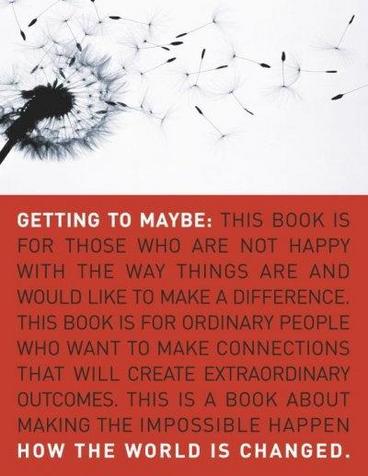 Make the impossible happen. Sometimes trying to make a positive change in the world can seem overwhelming. There are so many needs in the community that choosing just one is difficult, if not impossible. It is common to be overwhelmed by our apparent insignificance in being able to act as a catalyst for change.
Make the impossible happen. Sometimes trying to make a positive change in the world can seem overwhelming. There are so many needs in the community that choosing just one is difficult, if not impossible. It is common to be overwhelmed by our apparent insignificance in being able to act as a catalyst for change.
Not so, according to the groundbreaking book “Getting to Maybe: How the World is Changed” by Frances Westley, Brenda Zimmermann and Michael Patton. The book shows the real driving force behind positive change is being able to harness the various forces that surround us rather than taking on all the tasks by yourself.
The authors use an array of examples from around the world that demonstrate this new, exciting way of moving positive change in our communities and the world.
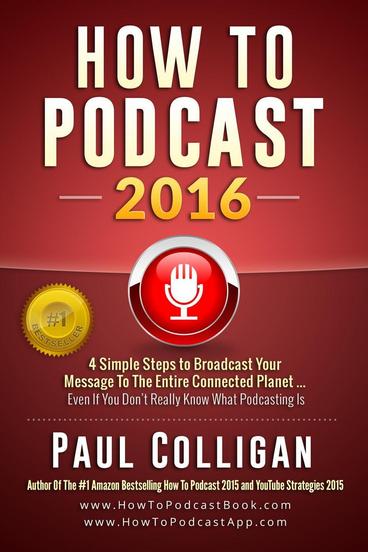 Podcasting. Finally, have you considered taking your message to make a difference to potentially the world? Podcasting has increased in popularity in leaps and bounds as more folk look to download programs that can be accessed “on the go”: on mp3 files while on trains, buses, in the car or just walking or jogging.
Podcasting. Finally, have you considered taking your message to make a difference to potentially the world? Podcasting has increased in popularity in leaps and bounds as more folk look to download programs that can be accessed “on the go”: on mp3 files while on trains, buses, in the car or just walking or jogging.
Now you can bring positive change to the world through the power of the Internet. Choose the issue that you want to highlight: homelessness, organic food, equal rights, inequality and set up a website and podcast to deliver news items, content and podcasts to interested people.
Paul Colligan’s “How to Podcast 2016: 4 Simple Steps to Broadcast your Message to the Entire Connected Planet” is a must have ebook or book if you are thinking of reaching people in this way to change their lives. The easy-to-understand four step guide will get you on your way to connect your unique ideas to the world.
The author outlines the steps needed to deliver a quality podcast to the world without the need for expensive equipment or an extensive knowledge of computers. Perfect for the amateur looking to make a positive change.
